Who We Are
People with a vision of a world with effective treatments and cures for all SCN2A-related disorders.
You Are Not Alone After All
In 2012, the SCN2A gene was added to the list for genetic testing. As positive results occurred, mainly in children, parents were told by the medical community, “Sorry, you’re the only one we know with that, so we don’t know much about it.” Over the next 3 years, thanks to one mother’s refusal to believe her son was the 'only one,' combined with the power of social media, the 'only one' slowly became MANY. The 'many' were enough to start a movement and in 2015, The FamilieSCN2A Foundation was born.
Our MISSION is to accelerate research, build community and advocate to improve the lives of those affected by SCN2A-related disorders around the world.
Rare and potentially devastating, SCN2A-related disorders (SRD) affect the entire family. Our team of leaders strive every day and in every way to improve the lives of not only the patients, but the entire family. In doing so, we are guided by the values of urgency, integrity, collaboration, and inclusion.

Meet the Team
The FamilieSCN2A Foundation is a collaborative team of staff, consultants, and advisors who are experts in their fields, aligned with our values, and committed to our mission.
Staff
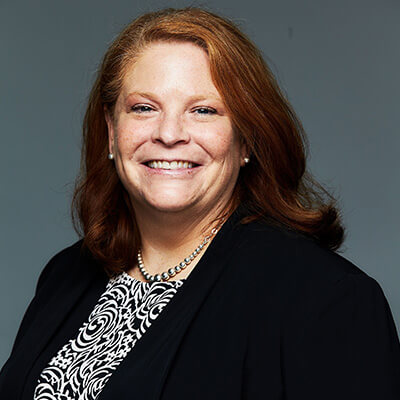
Leah Schust Myers
Executive Director and Founder

Leah Schust Myers
Executive Director and Founder
From medical secretary to hospital manager and everywhere in between, Leah learned how to manage the needs of large populations within a medical setting. When her son, Ben, was diagnosed with an SCN2A Disorder in 2012, it became abundantly clear how to leverage her 20+ years of experience to help not only her family, but hundreds of others.
In July of 2019, Leah transitioned from her volunteer position as President of the Foundation Board, to a full time Executive Director role. The experience she brings with her, especially from her most recent position as Executive Project Manager for a fortune 500 Healthcare company, is giving the foundation the professional edge to meet the growing needs of the community.
Communication and collaboration being her area of expertise, Leah has been instrumental in forming relationships with clinicians and scientists to advance progress in studying SCN2A and novel treatments. These alliances with researchers and industry leaders have been influential in catapulting SCN2A on to the map of exciting targets to study.
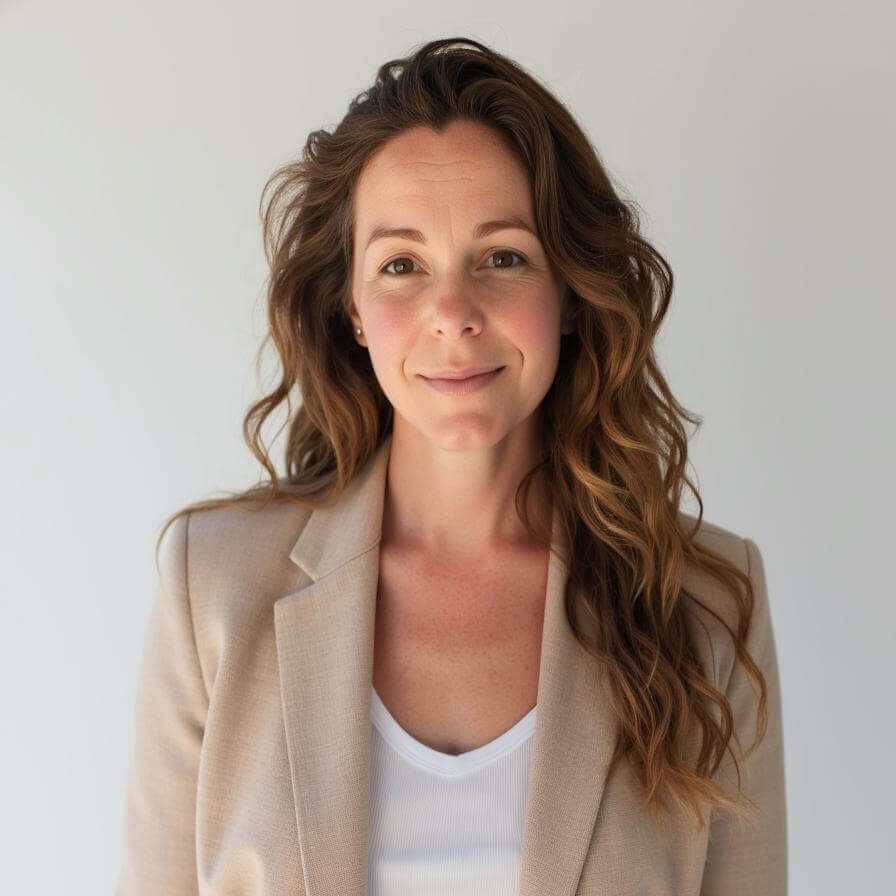
Amanda Gale
Director of Programs and Operations

Amanda Gale
Director of Programs and Operations
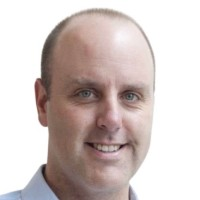
Jeffrey Cottrell, PhD
Interim Chief Scientific Officer

Jeffrey Cottrell, PhD
Interim Chief Scientific Officer
Jeff has published numerous papers of various aspects of cellular and molecular neurobiology and brain disease therapeutics and holds multiple patents for novel approaches for treating brain disorders. Outside the office, Jeff enjoys writing and recording music, gardening, cooking, doing anything around the ocean, and relaxing with his two daughters and two cats.
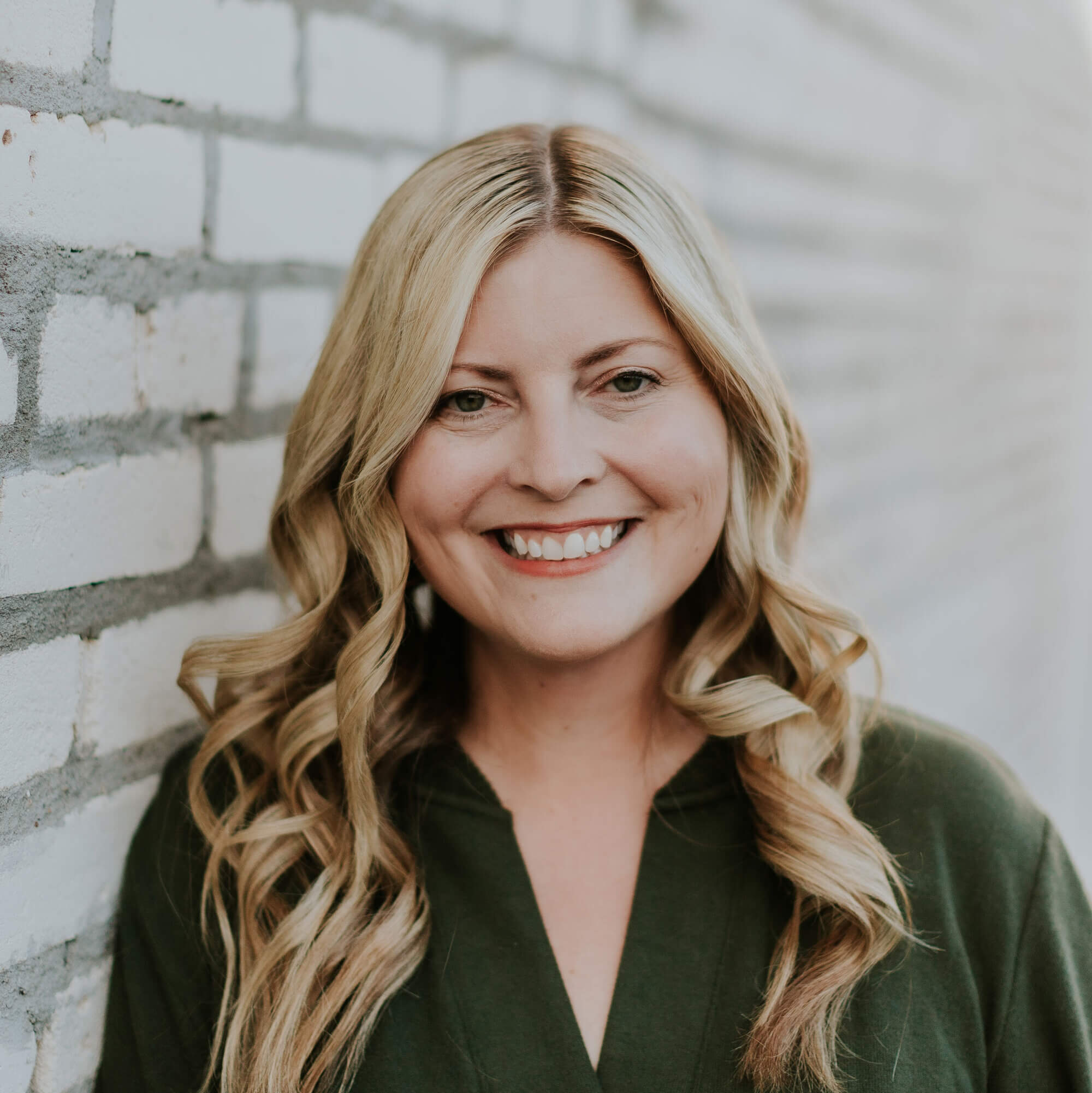
Angie Weaver
Director of Philanthropy & Development

Angie Weaver
Director of Philanthropy & Development
Angie’s dedication to philanthropy is deeply rooted in personal experience. Her oldest daughter, Amelia, was born with an SCN2A-related disorder. Inspired by Amelia to “Fight On,” Angie has spent years advocating for families like hers - sharing her story to grow grassroots fundraising efforts, support research, and influence policy change.
She is passionate about building authentic connections with donors and partners and believes that compelling storytelling and meaningful relationships are the foundation of impactful development work. In Amelia’s memory, she continues to support the SCN2A community as a volunteer on the Bereavement Support Committee.
Angie lives in Northern Minnesota with her husband Joshua and their youngest daughter Penelope. She loves to travel and explore new places - but most summer weekends, you’ll find her jumping off her boat into a cold lake or volunteering with one of the many nonprofits close to her heart.
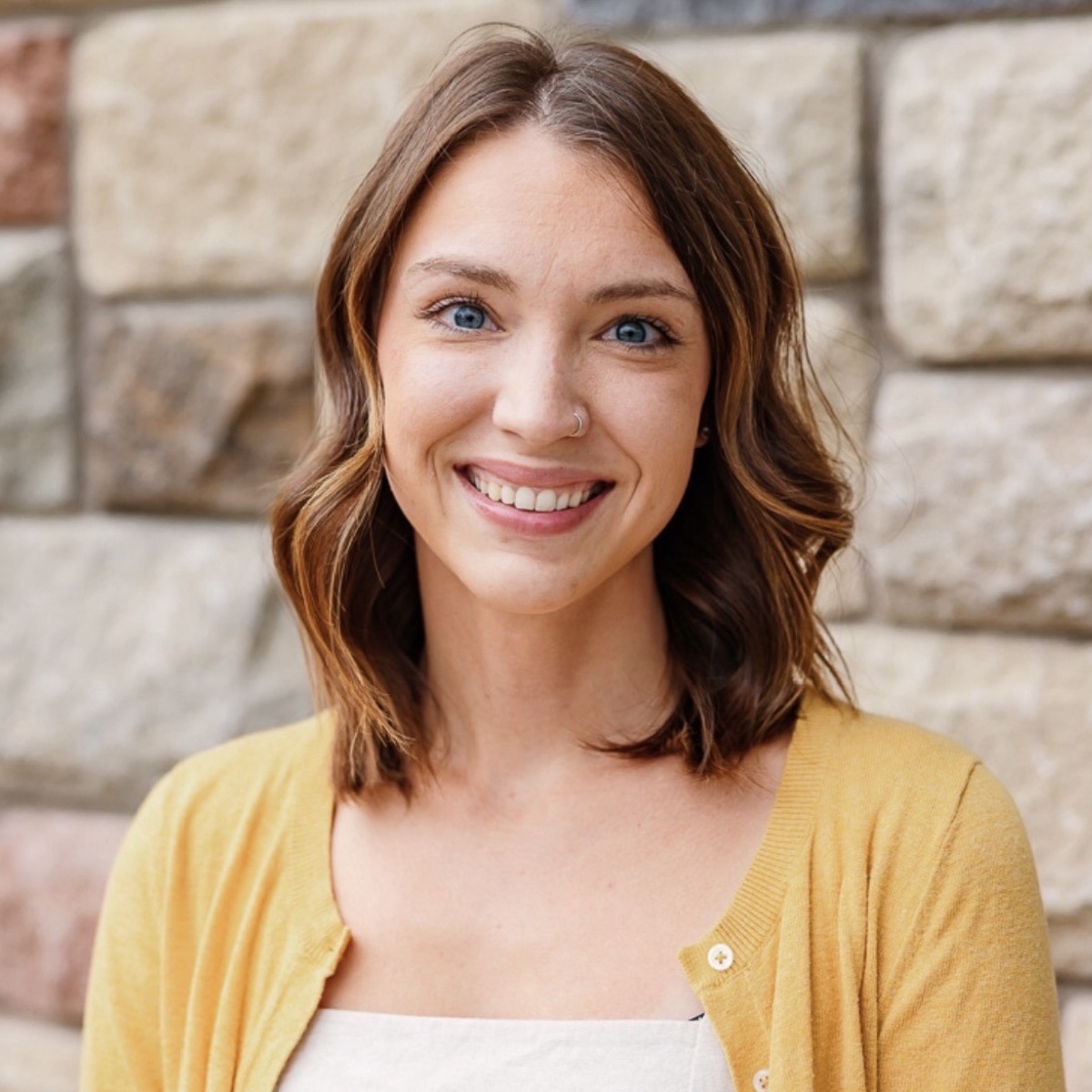
Kayla Aughe
Digital Content Associate

Kayla Aughe
Digital Content Associate
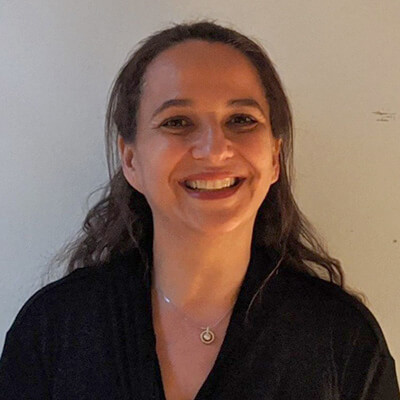
Melody Kisor, MS, BCPA
Director of Advocacy

Melody Kisor, MS, BCPA
Director of Advocacy
Professional: Melody earned a Master of Science in Biomedical Ethics from Albany Medical college, with a concentration in maternal/child and genetic ethics. She also has earned a Bachelor of Arts in Interdisciplinary Health Studies from Hampshire College, and a Specialized Certificate in Perinatal Health Education from the University of California San Diego Extension. Melody started her career in birth defects surveillance and research, working on projects at the Massachusetts Department of Public Health (in collaboration with CDC), UCSD Teratology (in collaboration with Boston University), and the Naval Health Research Center (in collaboration with the Department of Defense). Although the majority of her professional work has been in public health and perinatal health education, her most personally and professionally rewarding work has been in rare advocacy.
Personal: The credential that Melody is most proud of is Mama Bear, and the joy of her life has been being a mom to two amazing neurodivergent children. She is a ferocious advocate for all children, and also a fierce aunt, fighting to ensure that her nieces and nephews are spared from the suffering of the adult-onset leukodystrophy that took the life of her oldest brother. These life experiences fuel the empathy and passion to drive ambitious projects forward. When not working, Melody can be found snuggling her dogs, watching British police procedurals with her husband, playing NYT games with her daughter (Connections goddess!), or reading one of her son’s latest comedy scripts.
Networking: Melody is an introvert at heart (INFJ – “The Advocate”) but also a professional extrovert at work (lovingly called “Cupid” by her colleagues). As a 25+ year Navy spouse, she has had the privilege of meeting and cultivating strong relationships with a worldwide network of talented and creative individuals.
SCN2A: Through her work with Cure LBSL (another CZI Rare As One grantee), Melody had the joy of meeting Leah Schust Myers, Jenny Burke, & Shawn Egan. It’s a true honor to join this team and help support the incredible work of FamilieSCN2A Foundation!
- Email:melody.kisor@scn2a.org
The Team for Accelerating Science and Clinical Outcomes (TASCO)
TASCO is a unique team of experts contracted to work on specific projects while contributing to serving the overall mission.
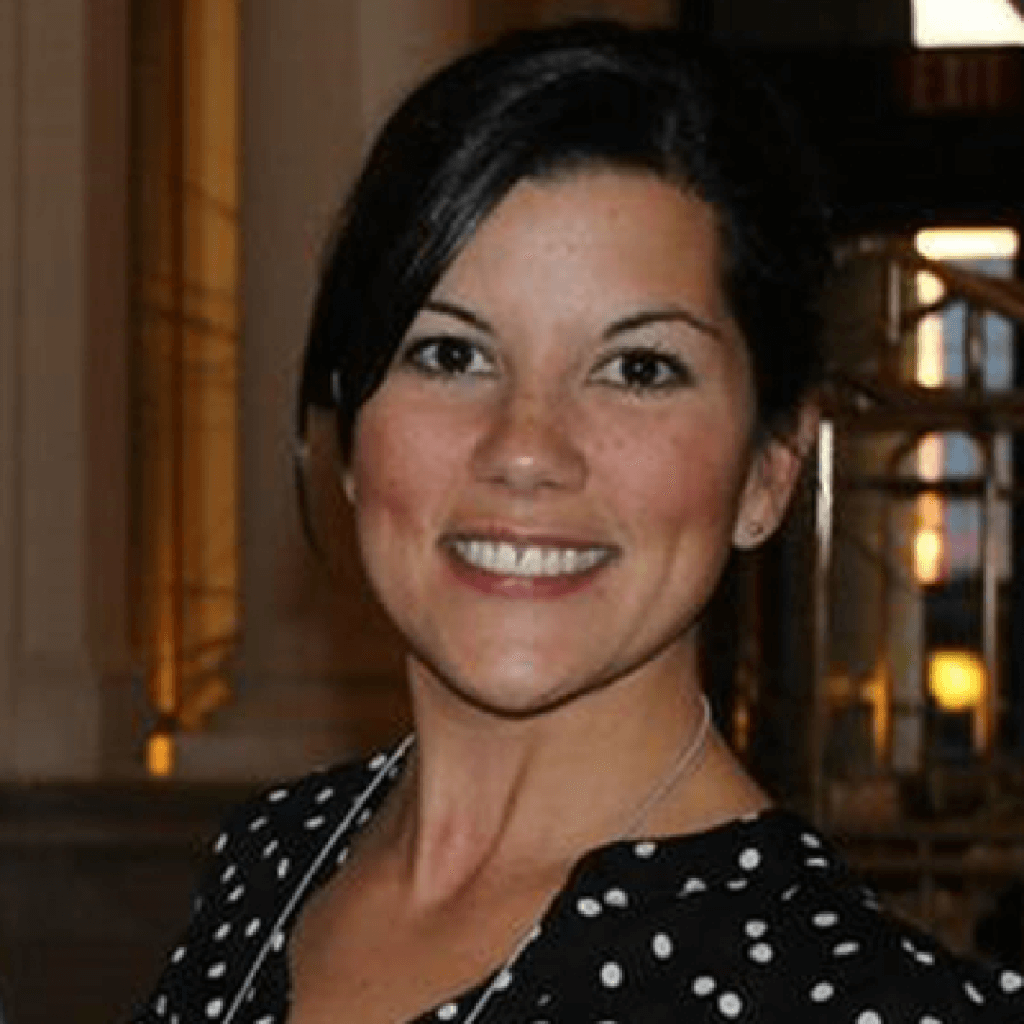
Christina SanInocencio, PhD, CPH, CNP
Scientific Advisor

Christina SanInocencio, PhD, CPH, CNP
Scientific Advisor
She is also the sibling to an adult man named Michael who has been living with LGS for over 30 years. Dr. SanInocencio holds a PhD in health communication and holds academic appointments as a Visiting Assistant Professor at Fairfield University and as an adjunct professor at Stony Brook University. She also holds two professional certifications; a CPH (certification in public health) and a CNP (certification in nonprofit management). Her research interests include social support in rare diseases, health literacy, patient-provider communication, and lived experiences of rare disease patients and their families.
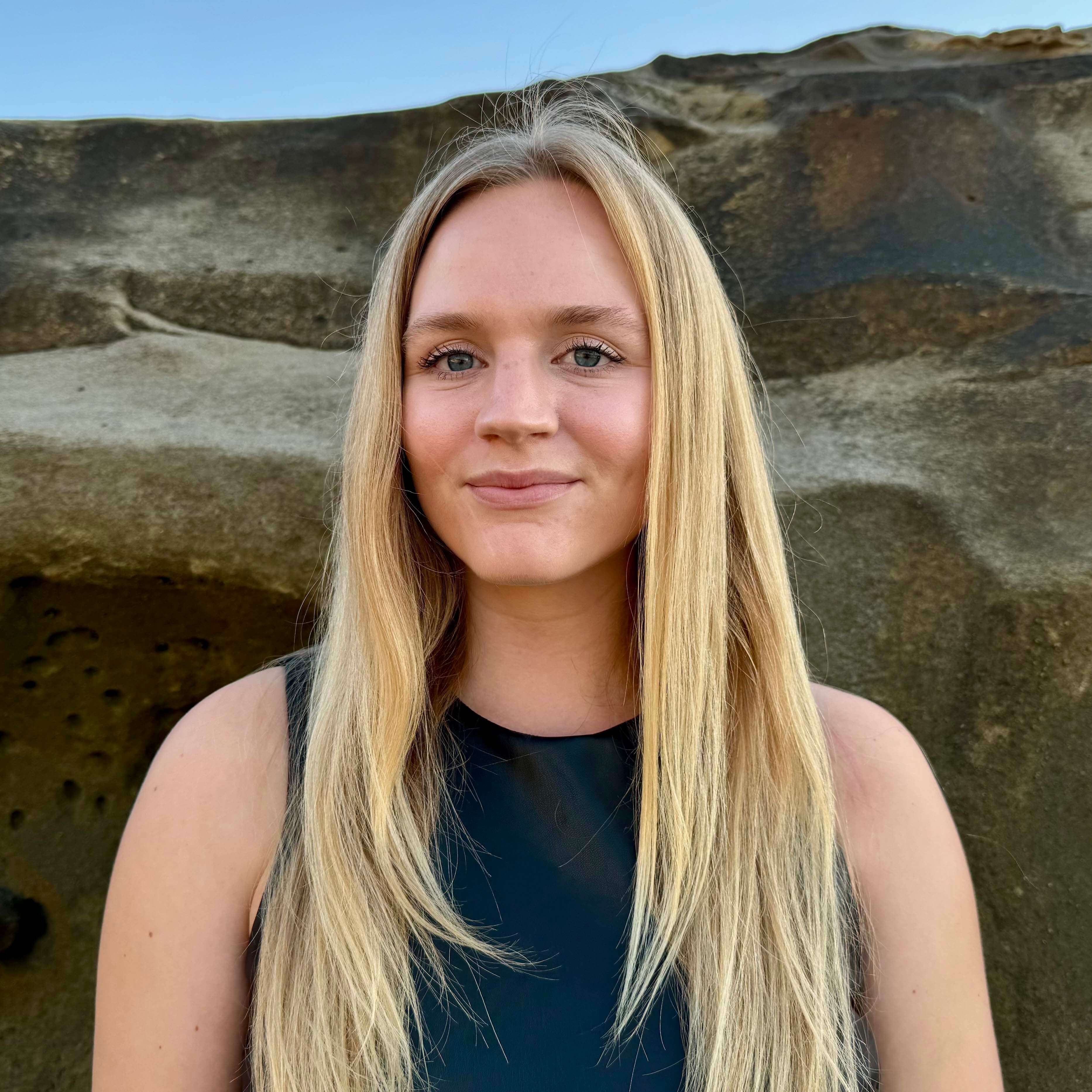
Morgan Weberg, BS
Research Coordinator, Pre-Doctoral Preparatory Program (P3) Scholar

Morgan Weberg, BS
Research Coordinator, Pre-Doctoral Preparatory Program (P3) Scholar
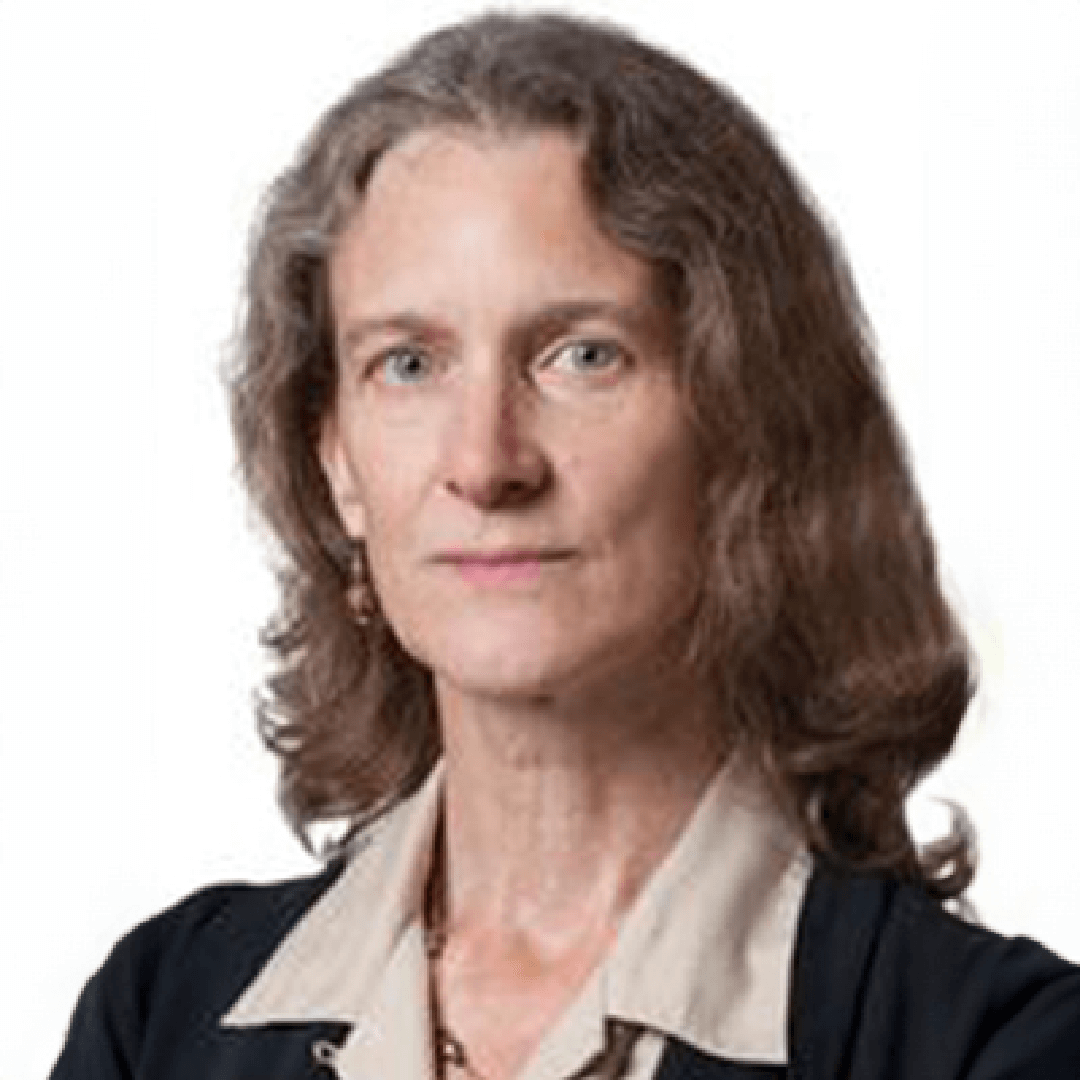
Anne Berg, PhD
Director, SCN2A Clinical Trial Readiness Study

Anne Berg, PhD
Director, SCN2A Clinical Trial Readiness Study
Dr. Berg led the US multicenter Early Life Epilepsy Study which highlighted the importance of early genetic - “precision” - diagnosis for infants presenting with seizures (JAMA Pediatrics 2017). She designed and led the Natural History Project and the Ability Study aimed at understanding the full impact and range of neurological, medical, behavioral, and other challenges for children and families affected by developmental epilepsies and encephalopathies. Currently she directs the SCN2A Clinical Trial Readiness Study and is intensely involved in the Inchstone Project led by DEE-P Connections.
Her efforts are now singularly focused on developing measures of important clinical outcomes to support the design of efficient and informative clinical trials for rare neurological diseases.
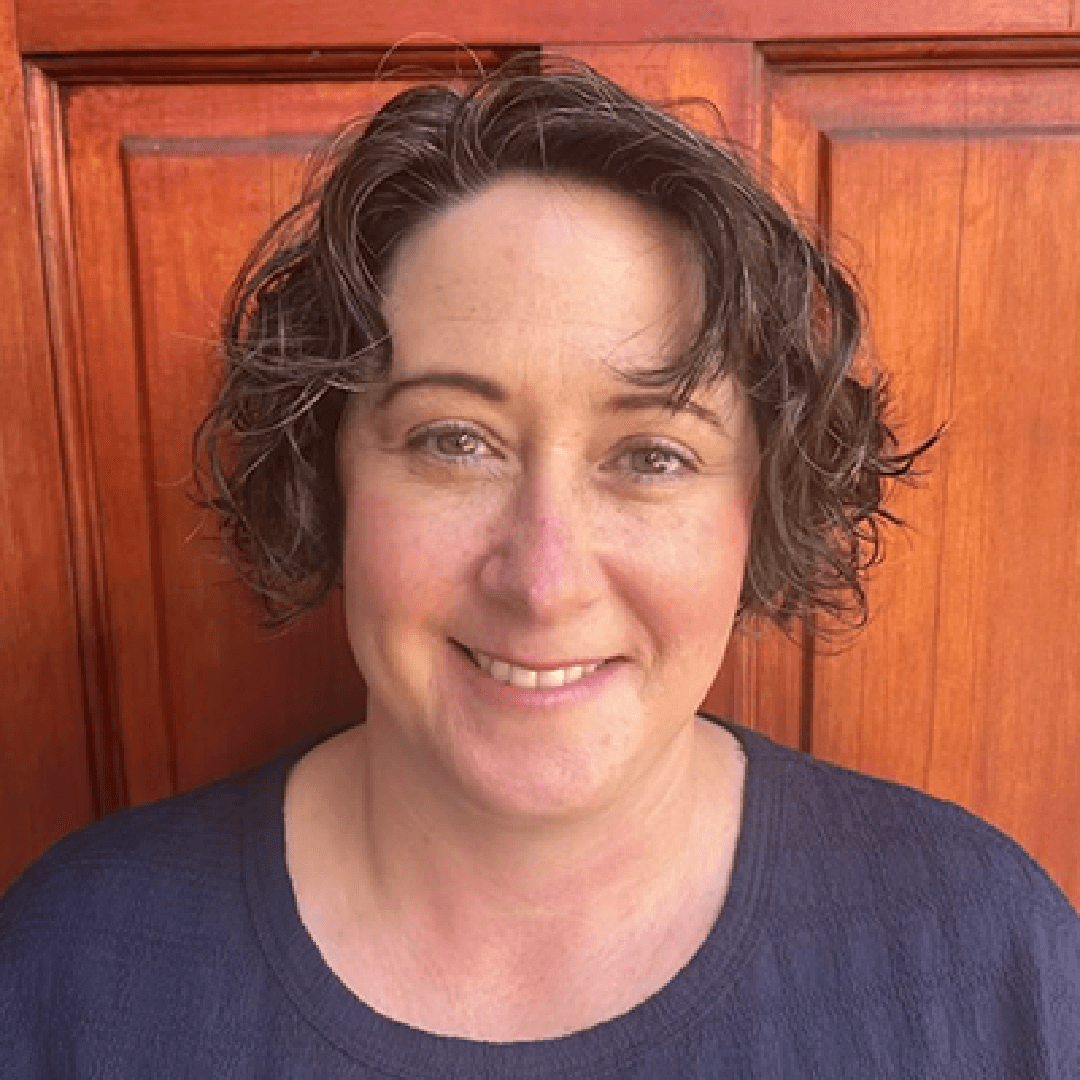
Vanessa Bender, PhD
Scientific Advisor

Vanessa Bender, PhD
Scientific Advisor
Vanessa was introduced to the SCN2A community through her husband, Kevin Bender, Ph.D., who is a researcher in the SCN2A field and works closely with the SCN2A family foundation. Vanessa is excited to lend her expertise to help secure funding opportunities for the foundation and help develop treatments for SCN2A. Vanessa lives in San Rafael, CA with her husband, Kevin, her two children (16 and 12), two cats, a dog, and a leopard gecko named Peanut.
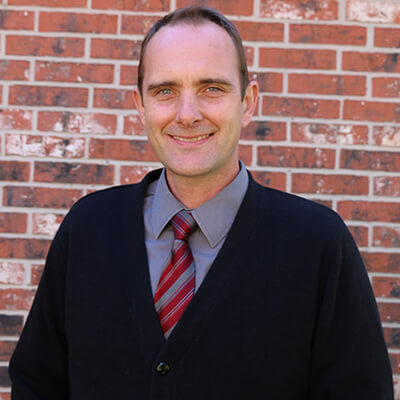
Brad Bryan, PhD, MBA
Scientific Advisor, Director of Patient Registry Affairs

Brad Bryan, PhD, MBA
Scientific Advisor, Director of Patient Registry Affairs
Dr. Bryan is most known for successfully leading a scientific discovery team that developed a novel treatment for a rare form of sarcoma and for developing prognostic and diagnostic biomarker assays for various diseases.
When not wearing his lab coat, he can be found volunteering, practicing martial arts, enjoying the outdoors, and mentoring kids through his local chapter of 4H.
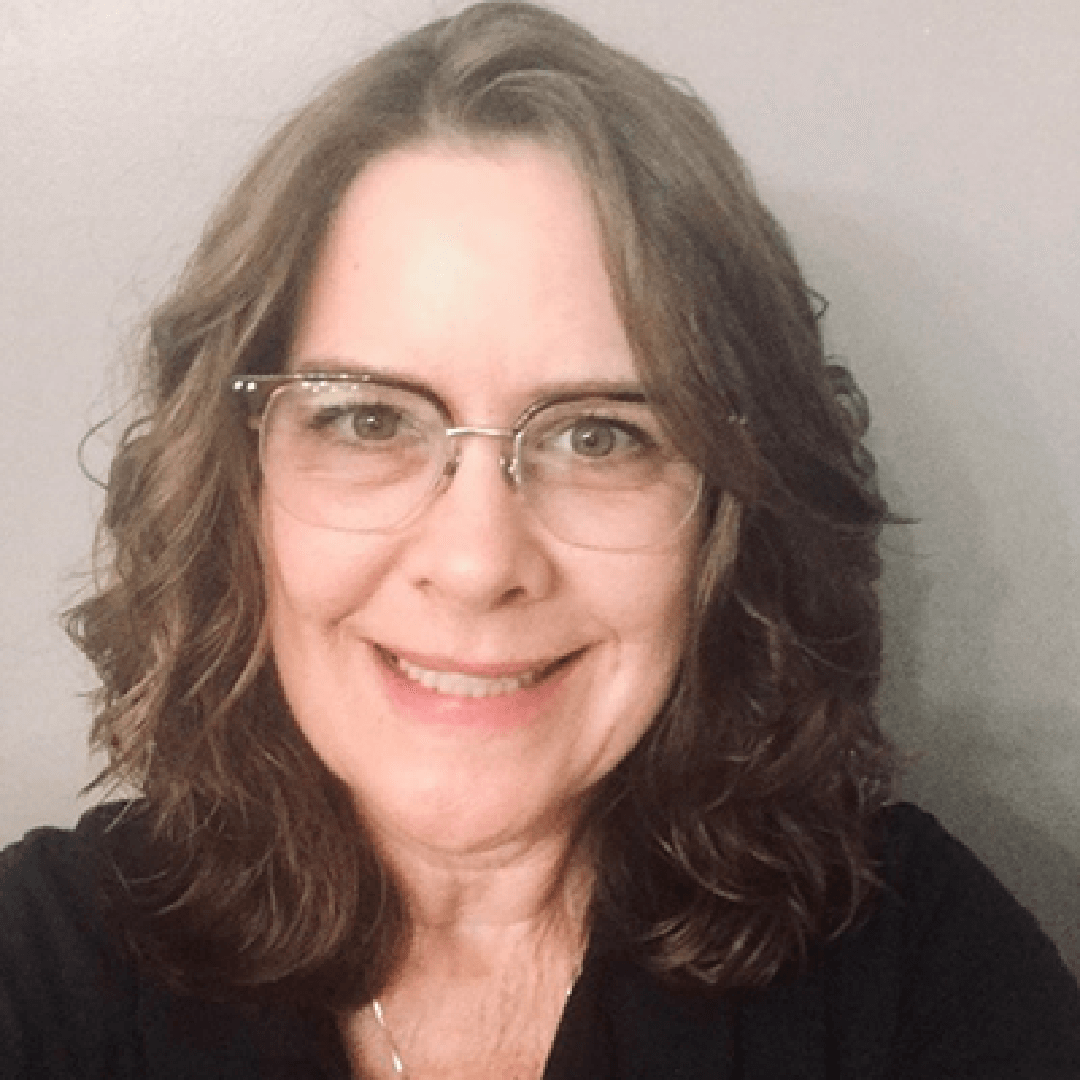
Rebecca Hommer, EdD
CVI Specialist

Rebecca Hommer, EdD
CVI Specialist
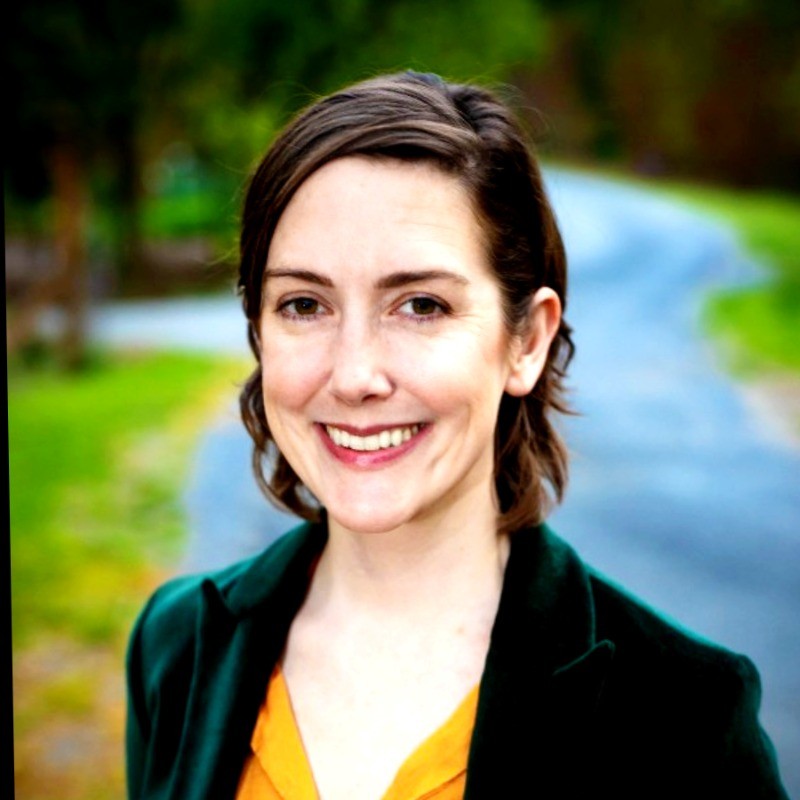
Caity Anderson, PhD
Scientific Advisor; Educational Specialist

Caity Anderson, PhD
Scientific Advisor; Educational Specialist
Board of Trustees
Trustees serve voluntarily, without compensation. We greatly appreciate the time, experience, gifts, and talents they share to support the Foundation. Most Trustees have a child with an SRD.
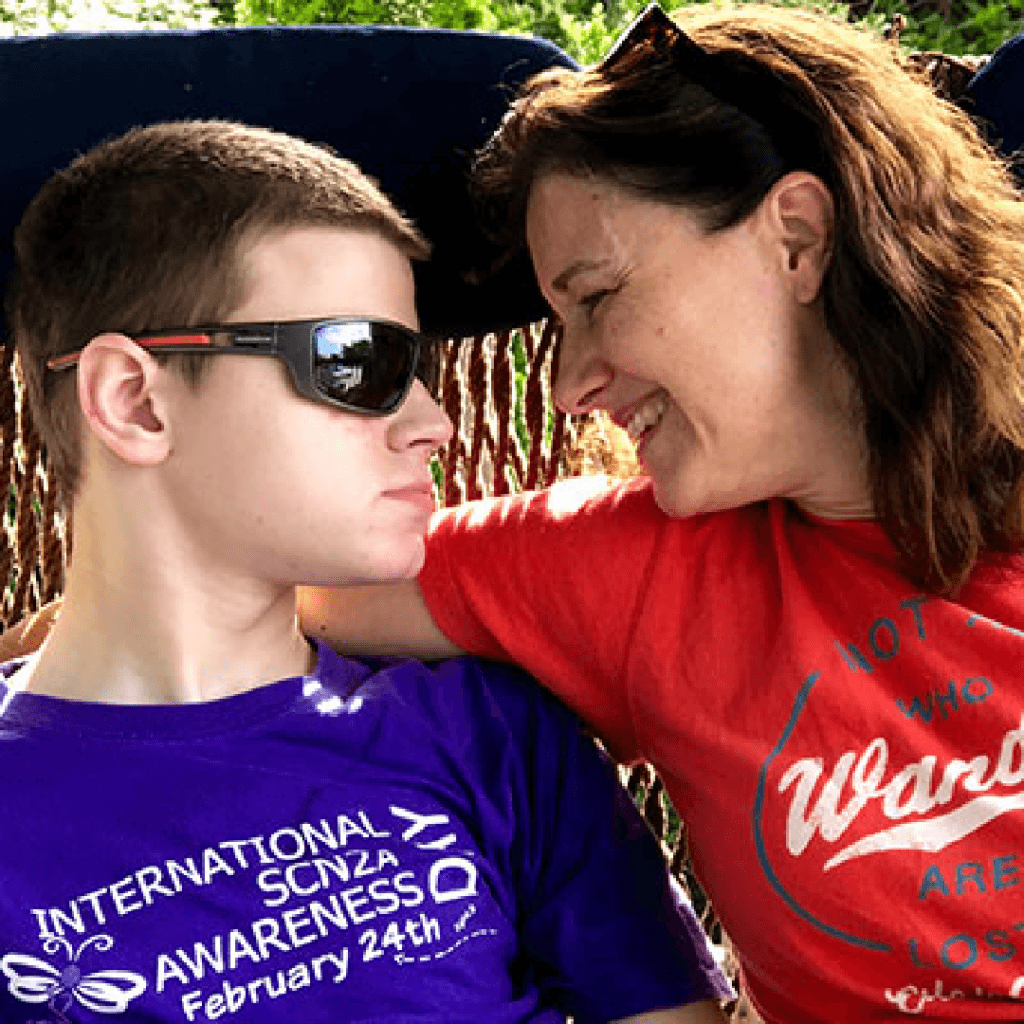
Jennifer Burke
Board Chair

Jennifer Burke
Board Chair
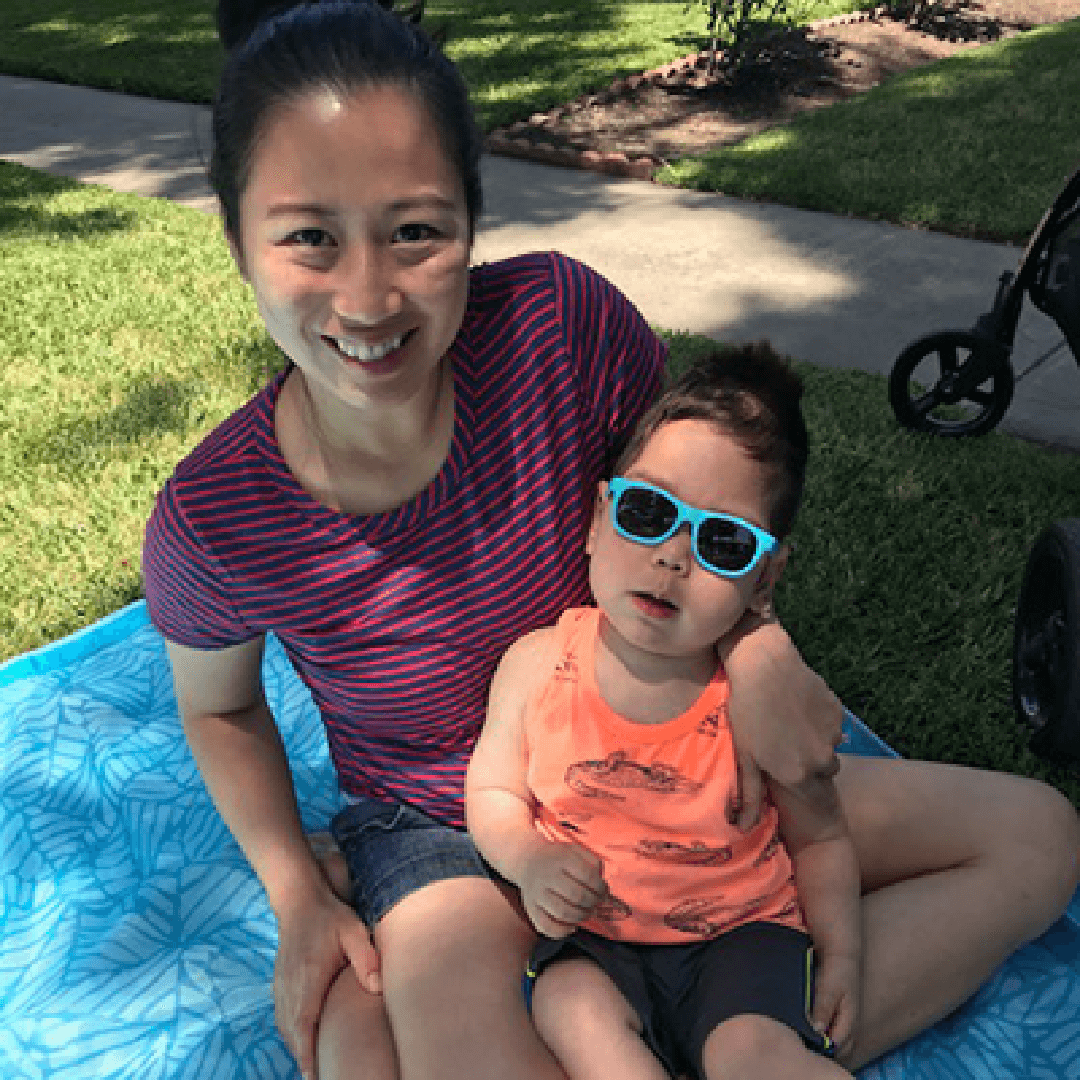
Mery Oman
Vice Chair

Mery Oman
Vice Chair
She has always been passionate about helping others, which is why she pursued a career in healthcare. At work, she takes care of patients and gets them on the path of feeling better. At home, she often feels helpless because she is unable to do the same for Ethan, as she can’t cure him. But this feeling of helplessness does not mean she is hopeless. With her background and training, coupled with her passion and drive, she is determined to do everything she can to help find a cure for Ethan and everybody who suffers with SCN2A disorders.
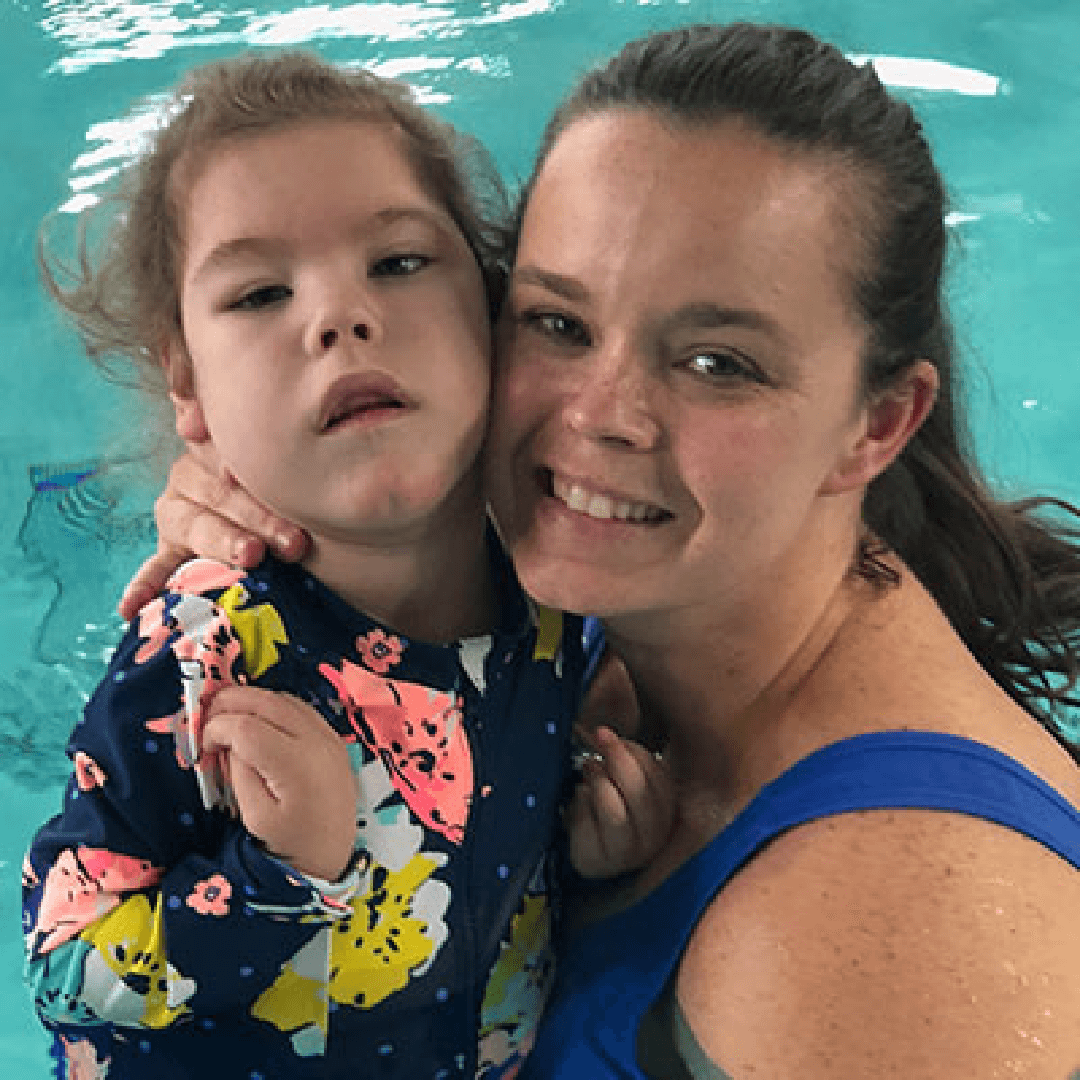
Michelle Lewis
Secretary

Michelle Lewis
Secretary
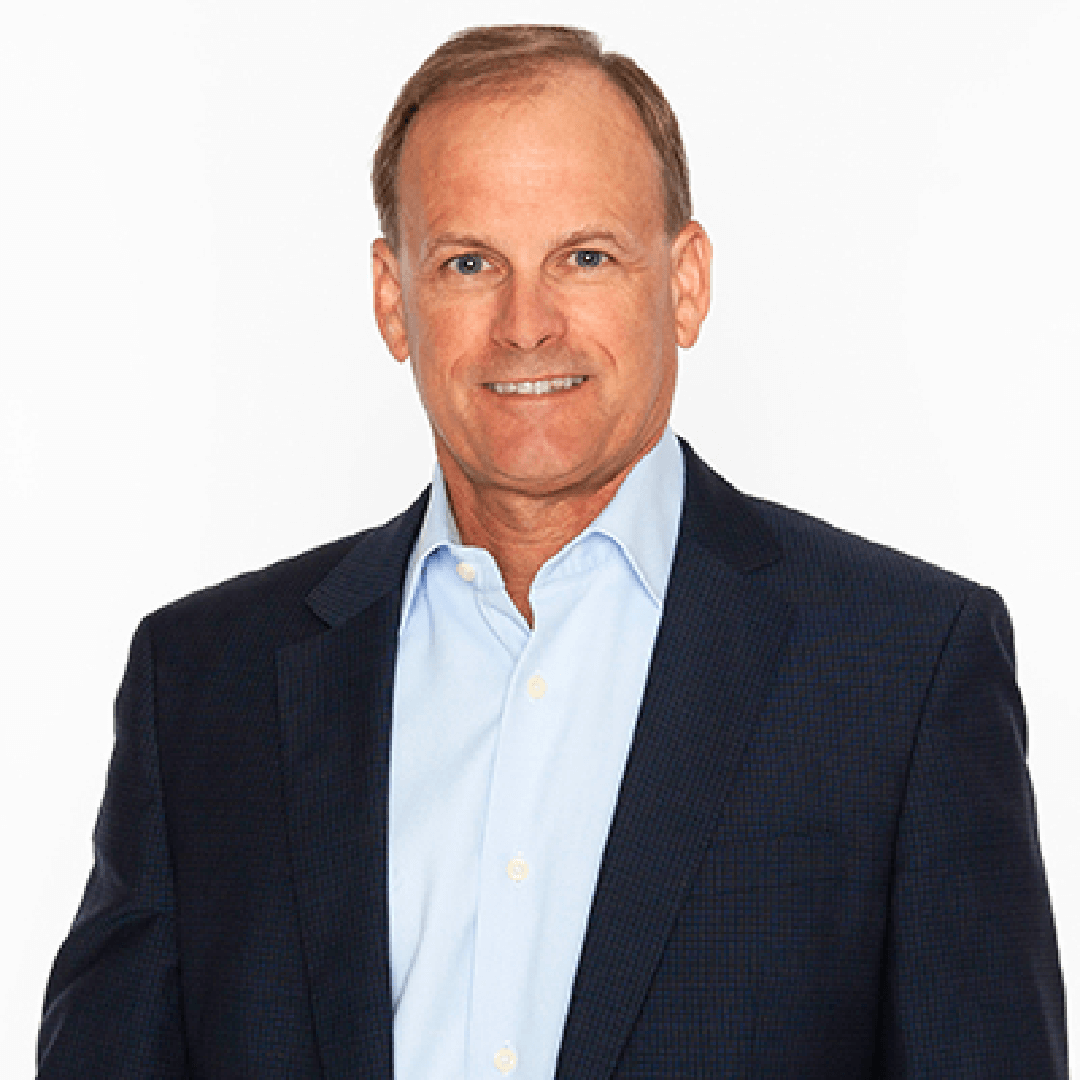
Michael Vasey
Treasurer

Michael Vasey
Treasurer
Currently, Michael is the Chief Financial Officer of Fortiss, LLC and serves as a Director on five California cardroom entities in the State of California. Michael earned an undergraduate degree in Business/Economics from University of California, Santa Barbara, and a Masters of Business Administration from the Loyola Marymount University. Additionally, Michael is a licensed Certified Public Accountant in the State of California.
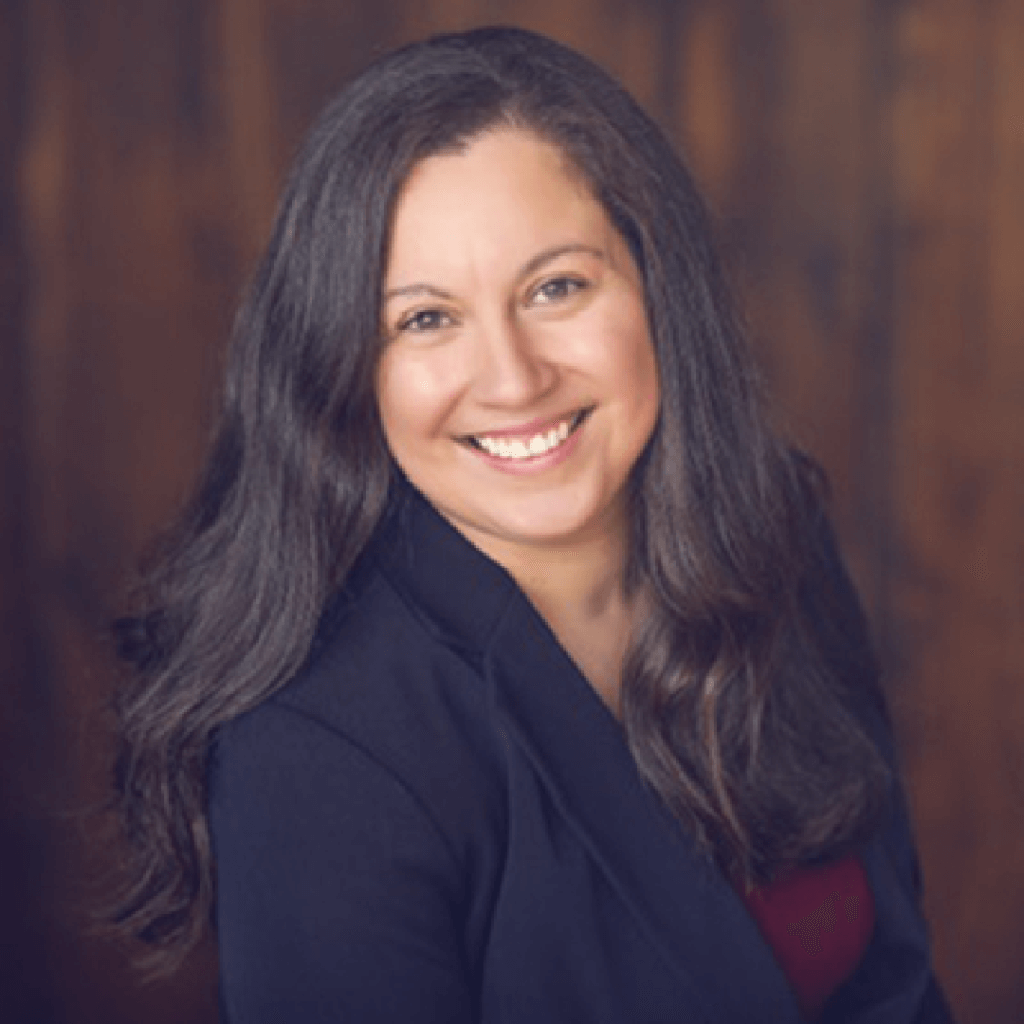
Carla Forbes
Co-Founder, Trustee, Patient Engagement Committee

Carla Forbes
Co-Founder, Trustee, Patient Engagement Committee
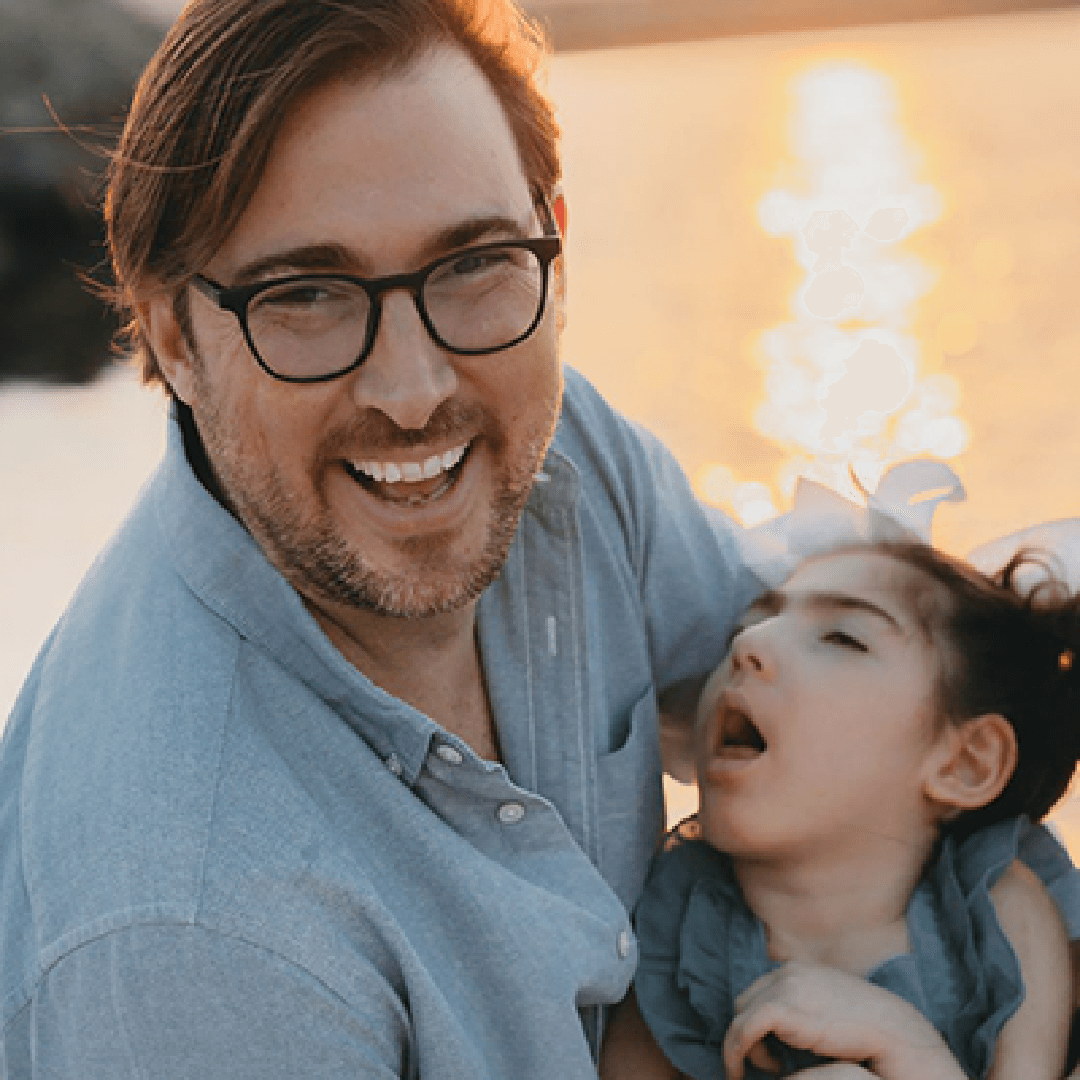
Will Hutson
Trustee, Finance Committee

Will Hutson
Trustee, Finance Committee
Previous to this, he helped lead one of the fastest growing agencies in NYC (Carrot), and before that he was Managing Editor for Disney’s first foray into social media running the launch from strategy to implementation growing them to over 300 Million fans on Facebook and taking part of the first ever promoted tweet on Twitter.
Will is passionate about family, travel, and helping to find a cure for SCN2A disorders!
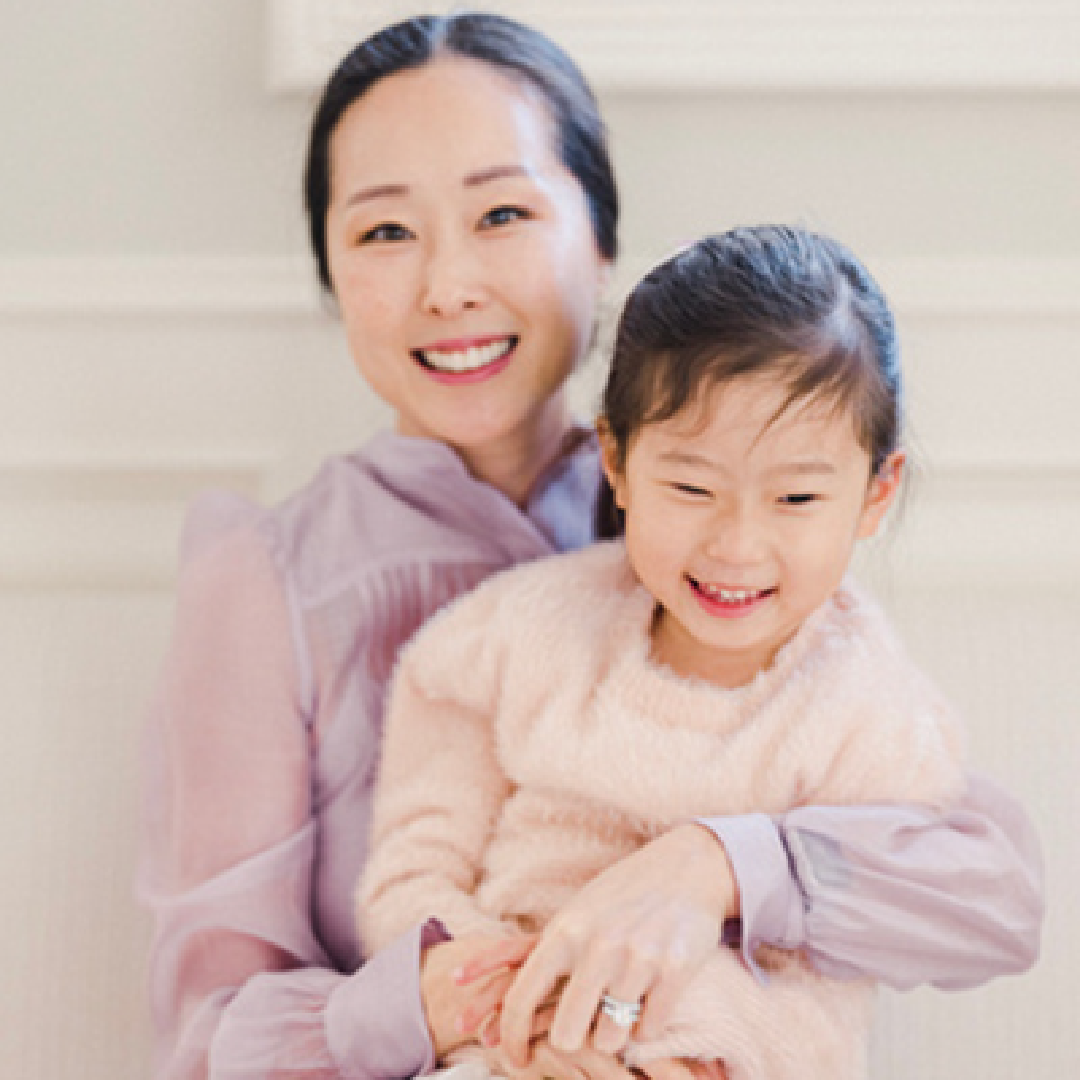
Emily Park
Trustee, Trustee Affairs Committee, Development Committee

Emily Park
Trustee, Trustee Affairs Committee, Development Committee
As a daughter of a Methodist Pastor, Emily draws from her experience in volunteerism. She has also spent the last several years managing projects within John’s organization, Parkwest Casinos. More recently, Emily launched her own women's retail business Le Box Blanc. Emily and John reside in Los Angeles and have three children- Henry, Caroline “CC”, and Lillian. Emily and John love to travel with the kids and barbecue in their back yard.
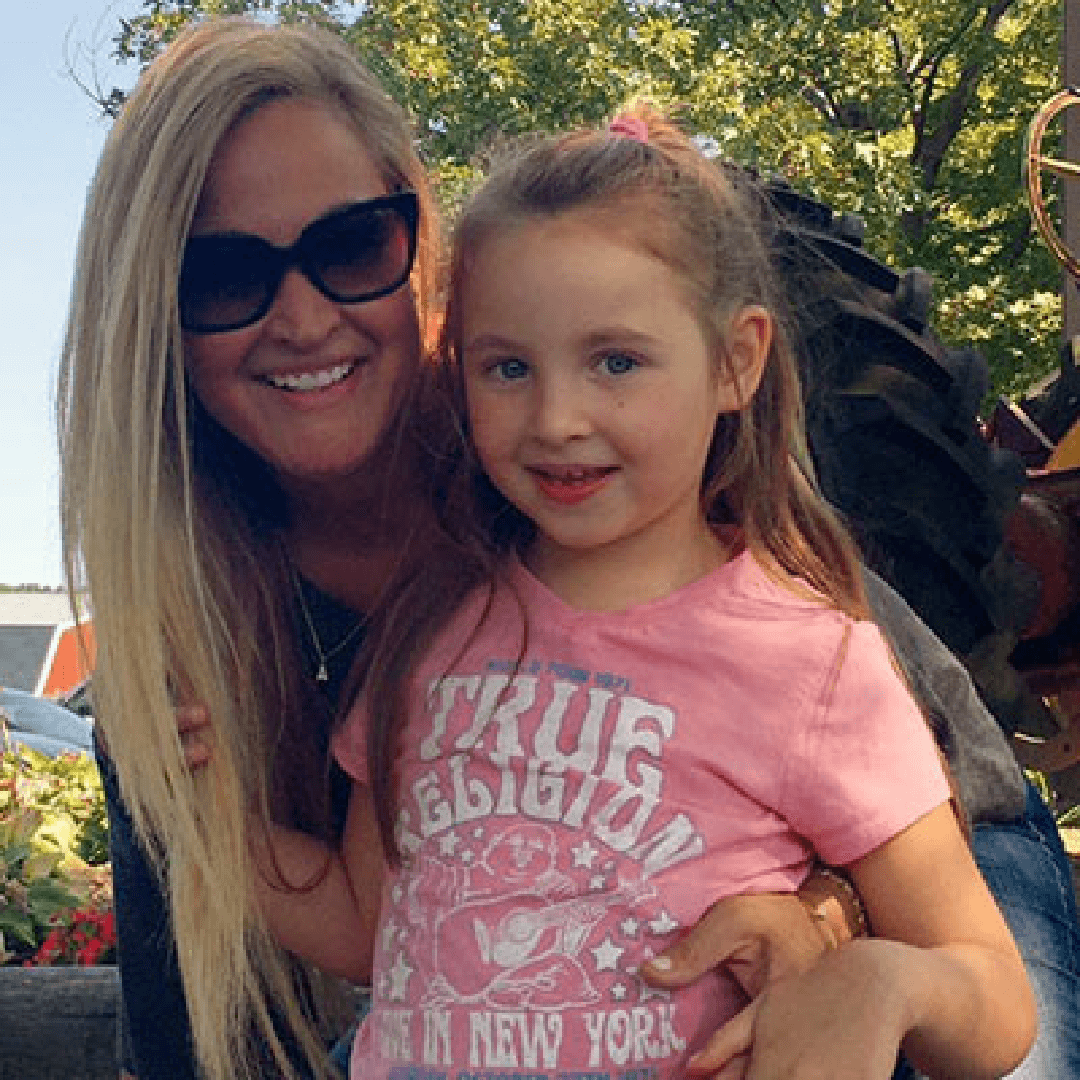
Maura Bragg
Trustee, Trustee Affairs Committee

Maura Bragg
Trustee, Trustee Affairs Committee
Prior to moving back to Massachusetts from Maine a few years ago, Maura adjudicated business and employment cases for the Department of Labor. Previously, as General Counsel of a drug testing company, Maura minimized the legal risks advising its officers on matter of regulatory compliance.

Roger Premo
Trustee, Development Committee

Roger Premo
Trustee, Development Committee
Professionally Roger leads Strategy and Corporate Development for IBM. He hopes to apply both the technology innovation and business experience from that role to the foundation. As a technologist and consultant, he's been in the technology industry for over 20 year. Prior to that he had a background in Molecular Biology from roles at Genentech and the University of Michigan.
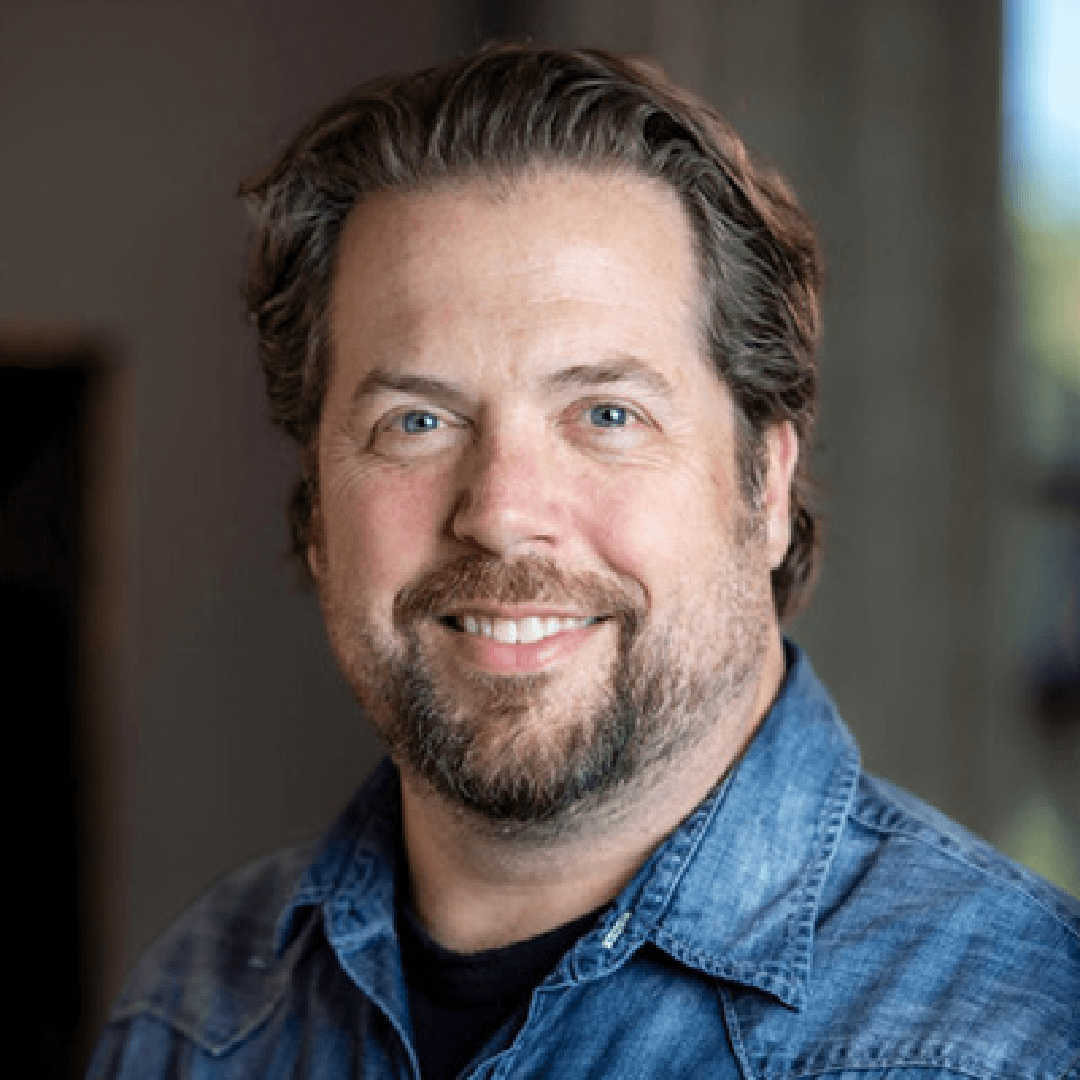
Geoff Whitman
Trustee, Development Committee

Geoff Whitman
Trustee, Development Committee
Geoff is an ardent believer in the statement “where there is a will, there is a way” and that genetic diseases can become a thing of the past with advances in research, treatment and education. He finds inspiration in his family for all things but especially in his thirteen-year-old son Gryphon, who has a published, disease-causing mutation of the SCN2A gene. It is Geoff and Jemina’s belief that working with the FamilieSCN2A Foundation that the lives of individuals like their son can be improved and there is always hope and to never give up or give in.
When Gryphon’s seizures started at just seven months old, Geoff and Jemina made the immediate transition from being excited and happy parents of a newborn to fierce and unwavering advocates for their sons’ life. As it was very early on in the published history of SCN2A mutations, it took a couple of years before one doctor, Maria Cillio, was able to put a name and a cause to the seizures that devastated Gryphon’s development. It was along the way to that realization that the Whitman’s first became aware of the group that is now called the FamilieSCN2A Foundation and it has been their desire to become active participants in helping shape the organization for the future.
In 2017, Geoff & Jemina welcomed their second son, Jack Vedder and the light and joy that he brings to every moment of every day has indelibly changed the family in the greatest way. Jack is very kind, empathetic and understanding and loves his big brother with all his heart.
Geoff has spent his career as an executive in the wine and spirits business. He currently serves as Executive Vice President of Lloyd Cellars and Prescription Vineyards, a Napa based fine wine producer.
Ever pursuing his passions, Geoff is also an accomplished Rock & Roll photographer and is the tour photographer for Pearl Jam and works with other indie rock bands and record labels. His fine art works can be seen in the Von Saal Adjunkt Gallery as well as in an upcoming show of his live music photography at galleries in Los Angeles and New York.
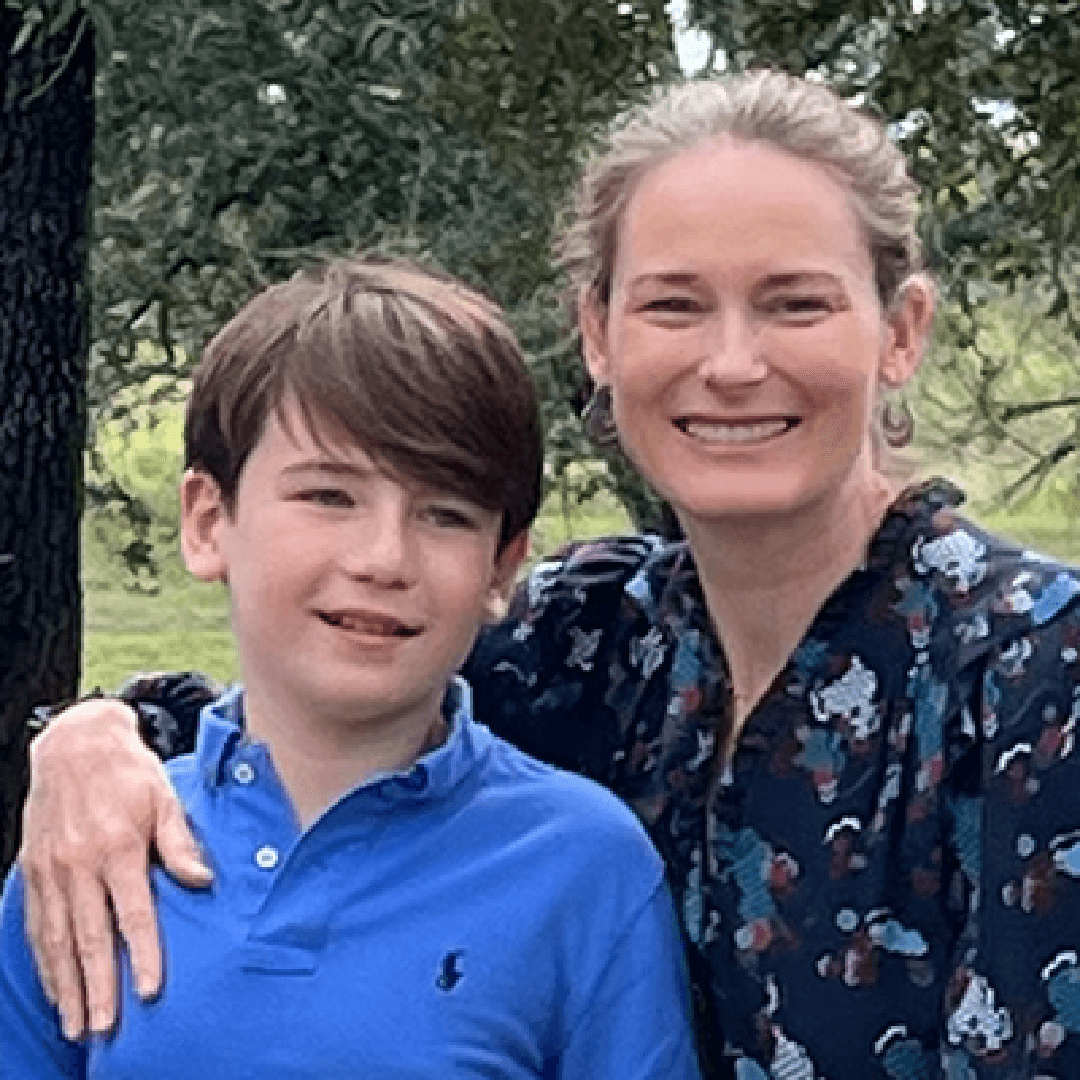
Eloise Austin, MD
Trustee, Development Committee

Eloise Austin, MD
Trustee, Development Committee
Medical & Scientific
Advisory Board
The MSAB guides our clinical and scientific investments in SCN2A-related research. Members of this exceptional group come from varied scientific and clinical backgrounds and collaborate to push our mission forward.
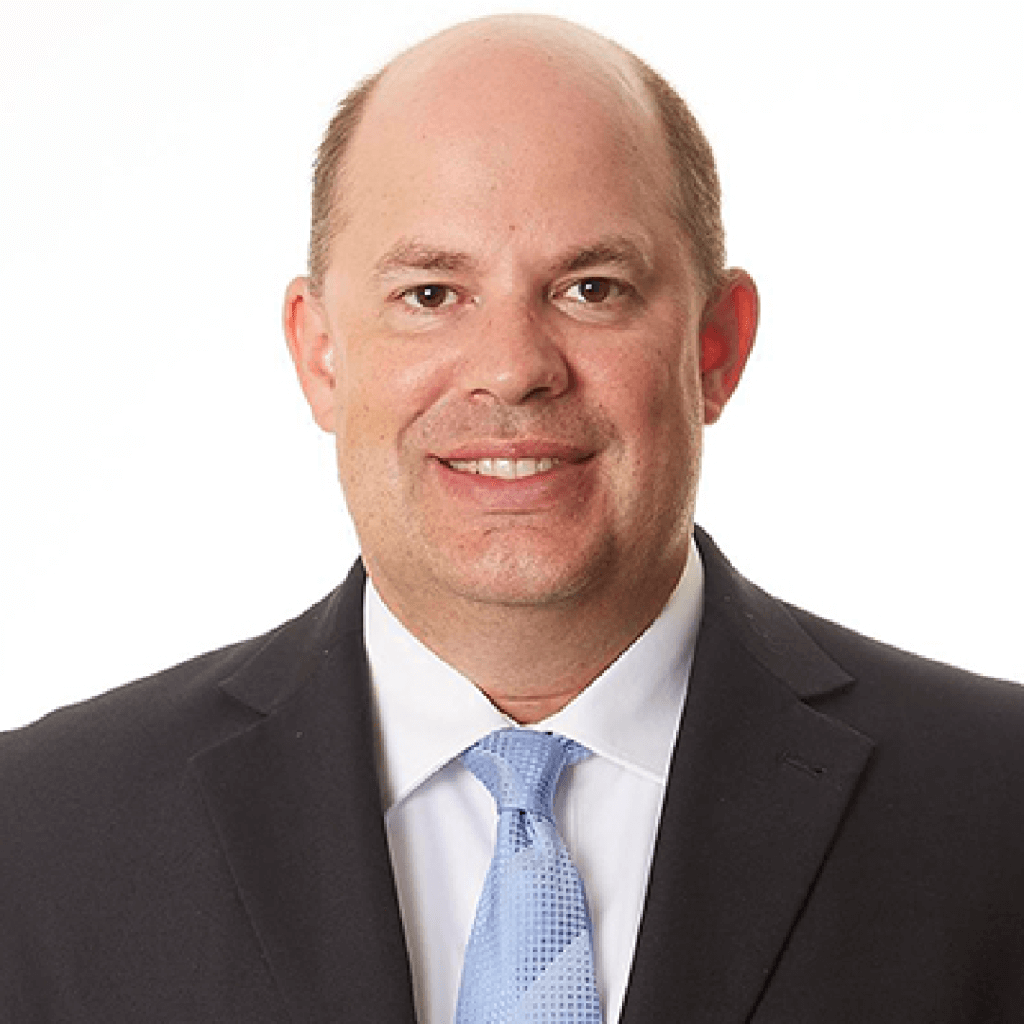
Keith Coffman, MD
* Director, Movement Disorders Program
Keith A. Coffman, MD, is Director of the Movement Disorders and Deep Brain Stimulator Programs and the Tourette Syndrome Association of America Center of Excellence at Children’s Mercy Hospital. Dr. Coffman graduated from Milton S. Hershey College of Medicine and completed his training in Pediatrics, Neurodevelopmental Disabilities, and Systems Neuroscience at Children’s Hospital of Pittsburgh and the University of Pittsburgh. Dr. Coffman was a faculty member at the University of Pittsburgh from 2008-2013, until he moved to Children’s Mercy Kansas City.
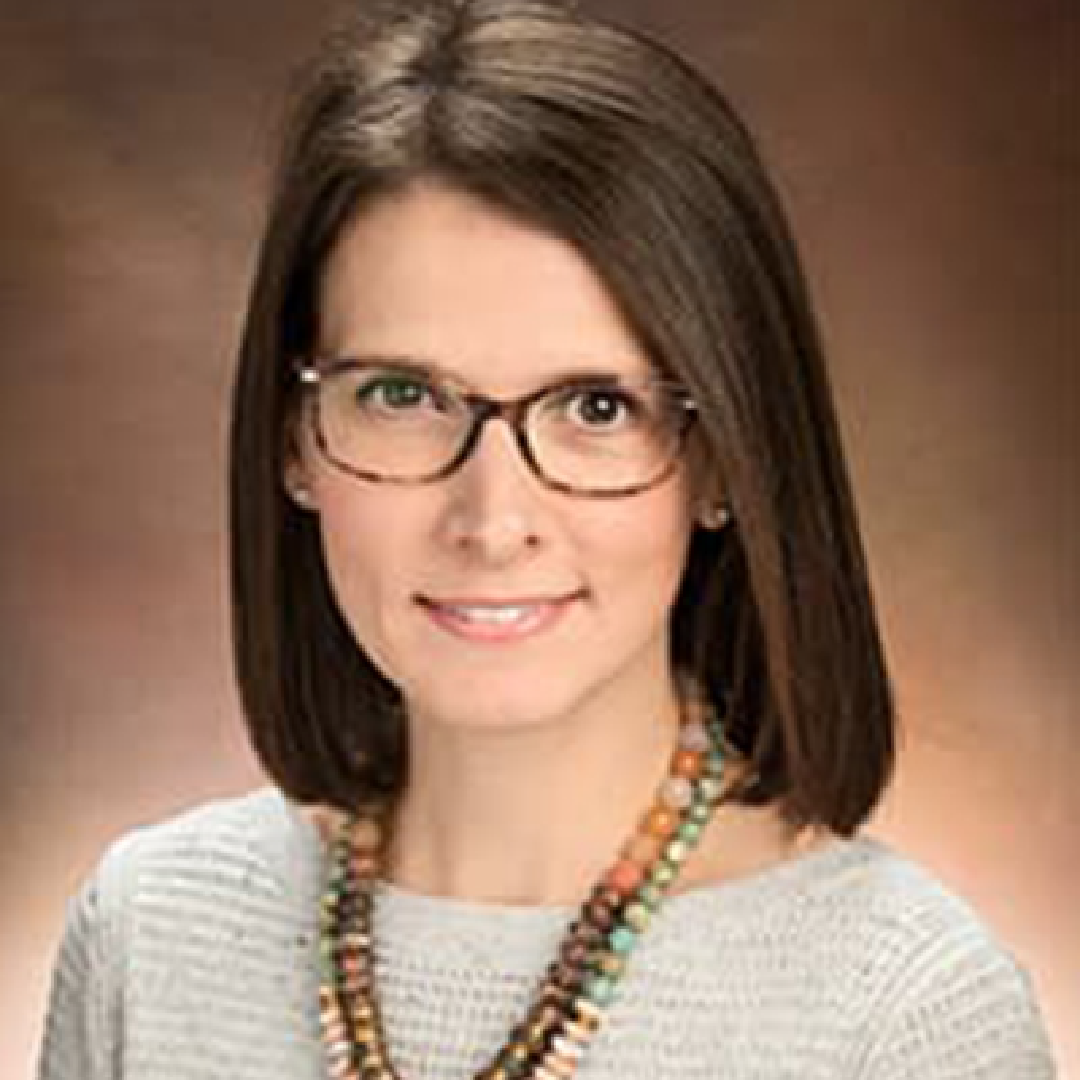
Katherine Helbig, MS, CGC
Ms. Helbig’s research interests include identifying new genetic causes of infantile- and childhood-onset epilepsies and understanding how genetic variation leads to seizure disorders. She has spearheaded gene-discovery efforts in the epilepsies and related neurological disorders and has been involved in the discovery and characterization of over 30 genetic neurological syndromes.
Ms. Helbig has particular expertise in genomic analysis and variant interpretation in the epilepsies. She is a member of the NHGRI-funded ClinGen Epilepsy Gene Curation Expert Panel, which defines the clinical relevance of genes and variants associated with epilepsy. She serves as a variant curation specialist for the NINDS-Funded Channelopathy-Associated Research Center, prioritizing variants in brain-expressed ion channel encoding genes for further characterization in functional model systems. An additional area of clinical and research interest is improving access to genetic services for people with epilepsy and understanding how the provision of genetic services can improve health outcomes.
Ms. Helbig is also a member of the International League Against Epilepsy Task Force on Clinical Genetic Testing in the Epilepsies and is Co-Chair and founding member of EpiGC, the consortium of epilepsy genetic counselors.
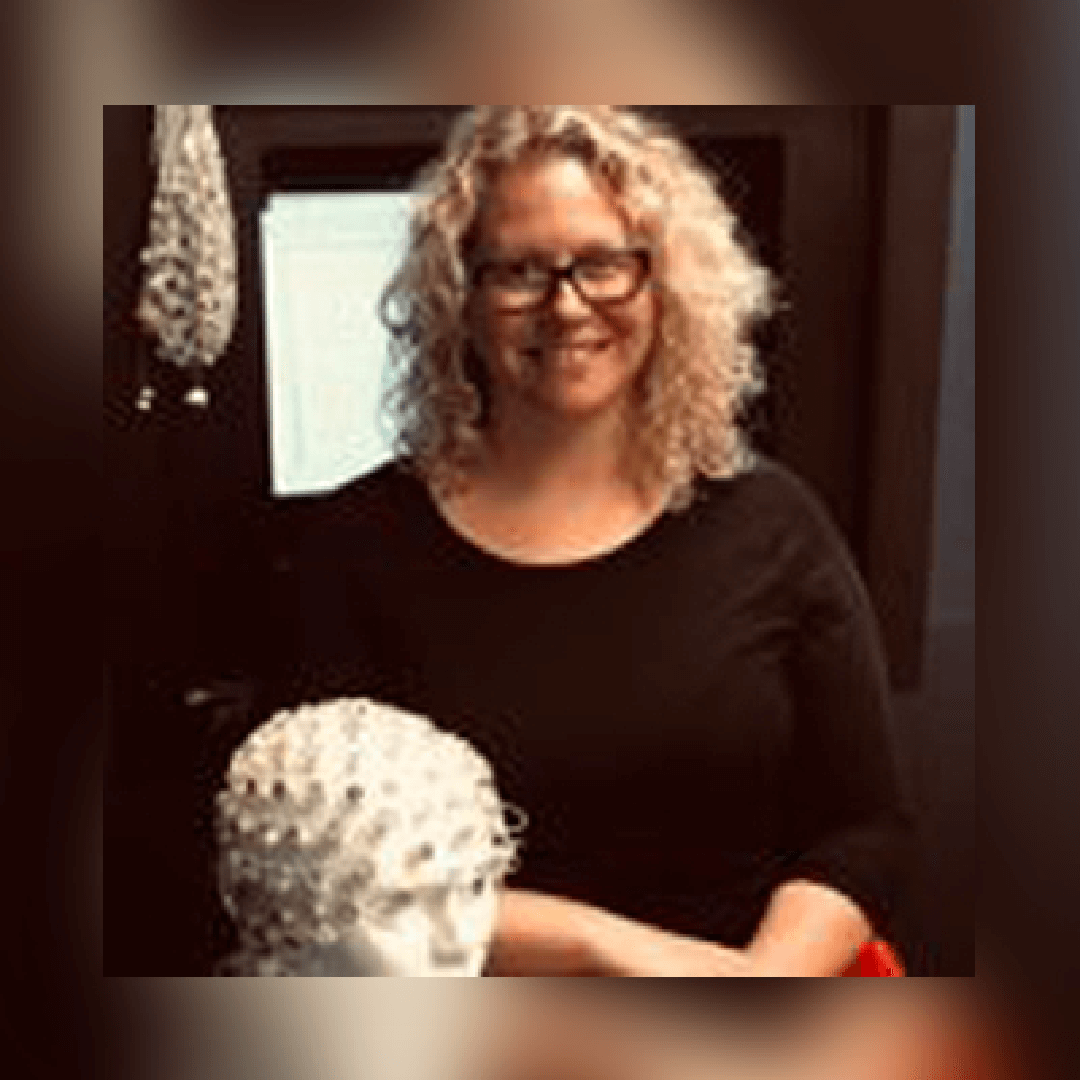
Caitlin Hudac, PhD
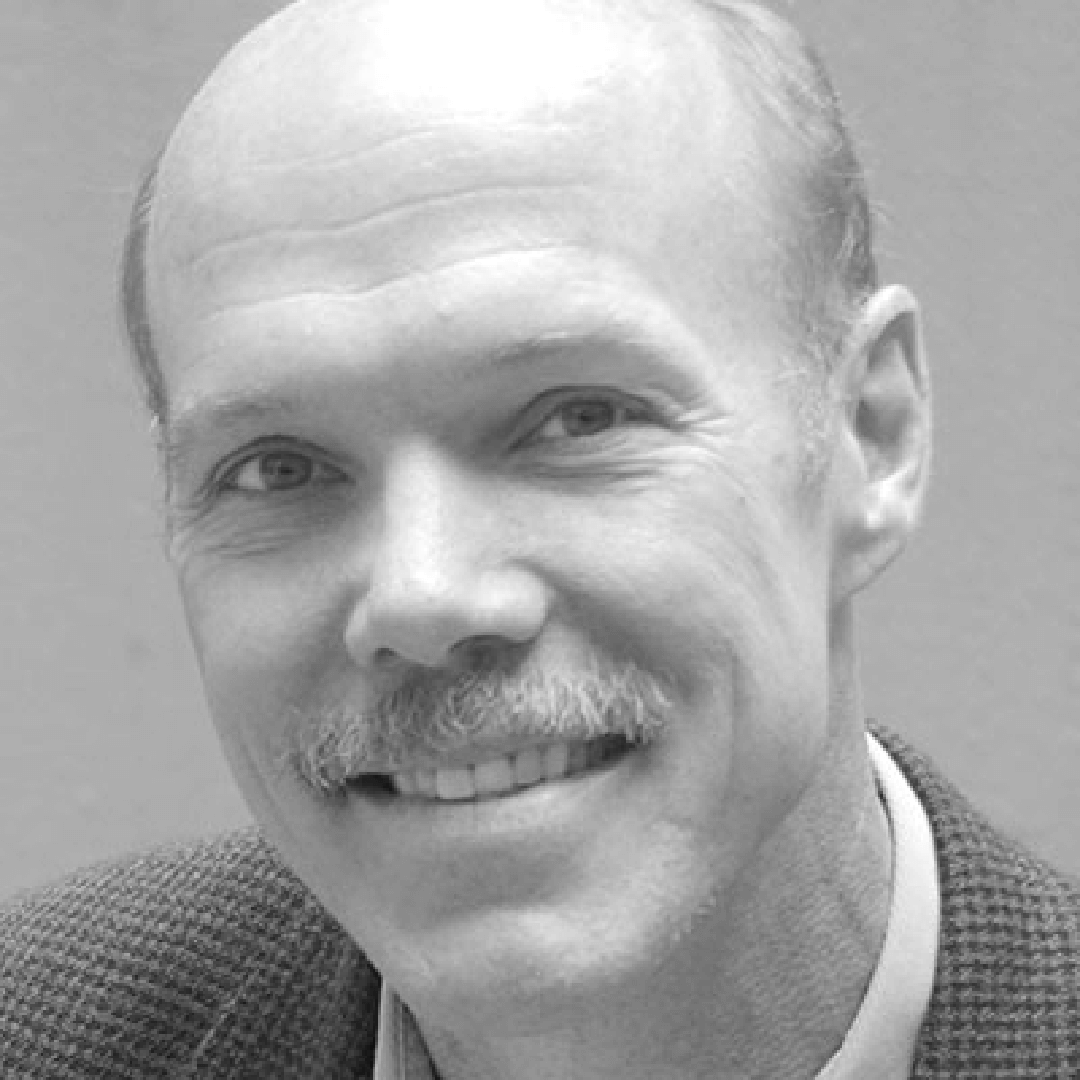
John Huguenard, PhD
In addition he has extensive leadership and research training experience, including directing the Stanford Epilepsy Training program for postdoctoral fellows for the last 10 years, and the Stanford Neurosciences PhD program from 2006-2013. He is committed to promoting rigorous research – he was an author on the recent NINDS rigor document regarding pre-clinical research (Landis et al, 2012), chaired the Gordon Research Conference on Epilepsy, served on both foundation and federal funded research review committees, and is recent past chair of the NIH CNNT study section. He is a strong proponent of rigorous and effective training, especially in neurophysiology and epilepsy research, with many of his trainees now established as principal investigators in the field, including several that received K99/R00 awards while under his supervision, including Mark Beenhakker (UVa), Xiaoming Jin (IU), and Jeanne Paz (UCSF/Gladstone) and Christopher Makinson (awarded in 2018).
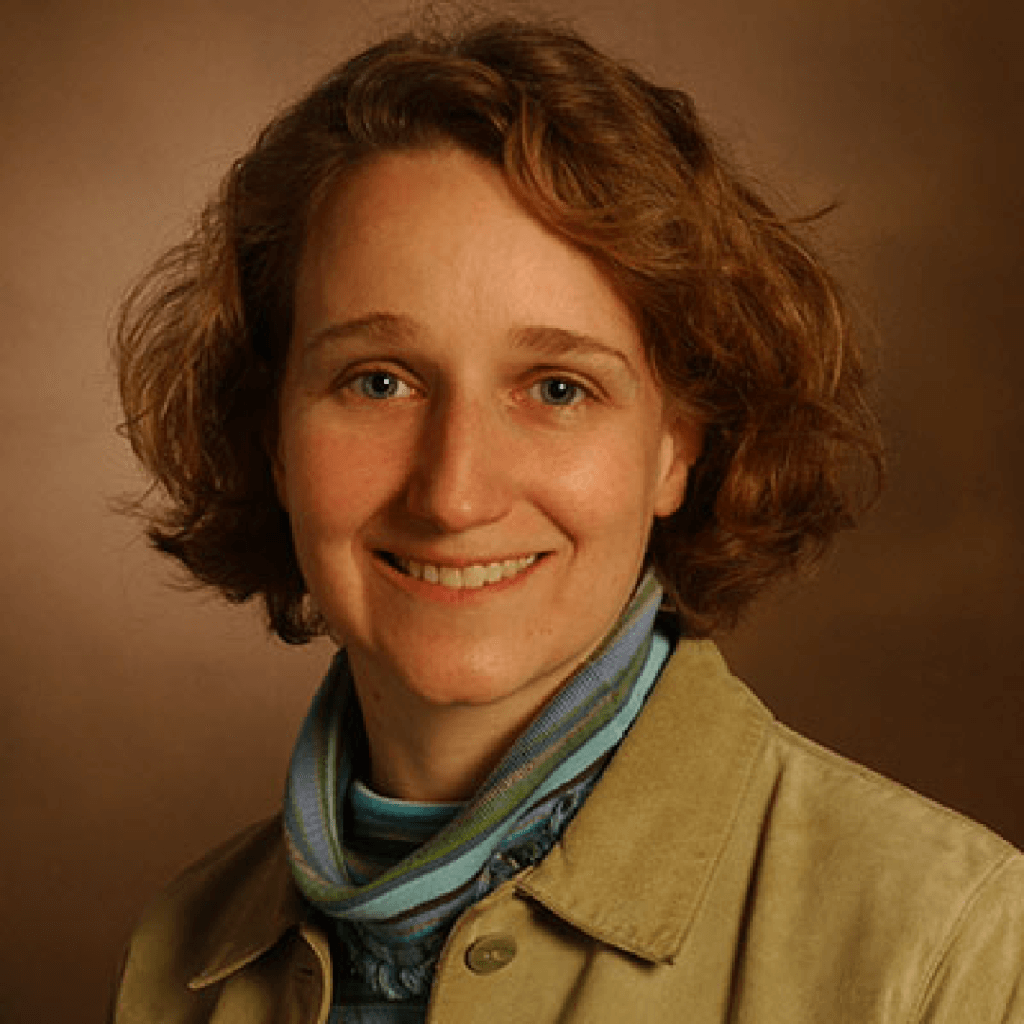
Jennifer Kearney, PhD
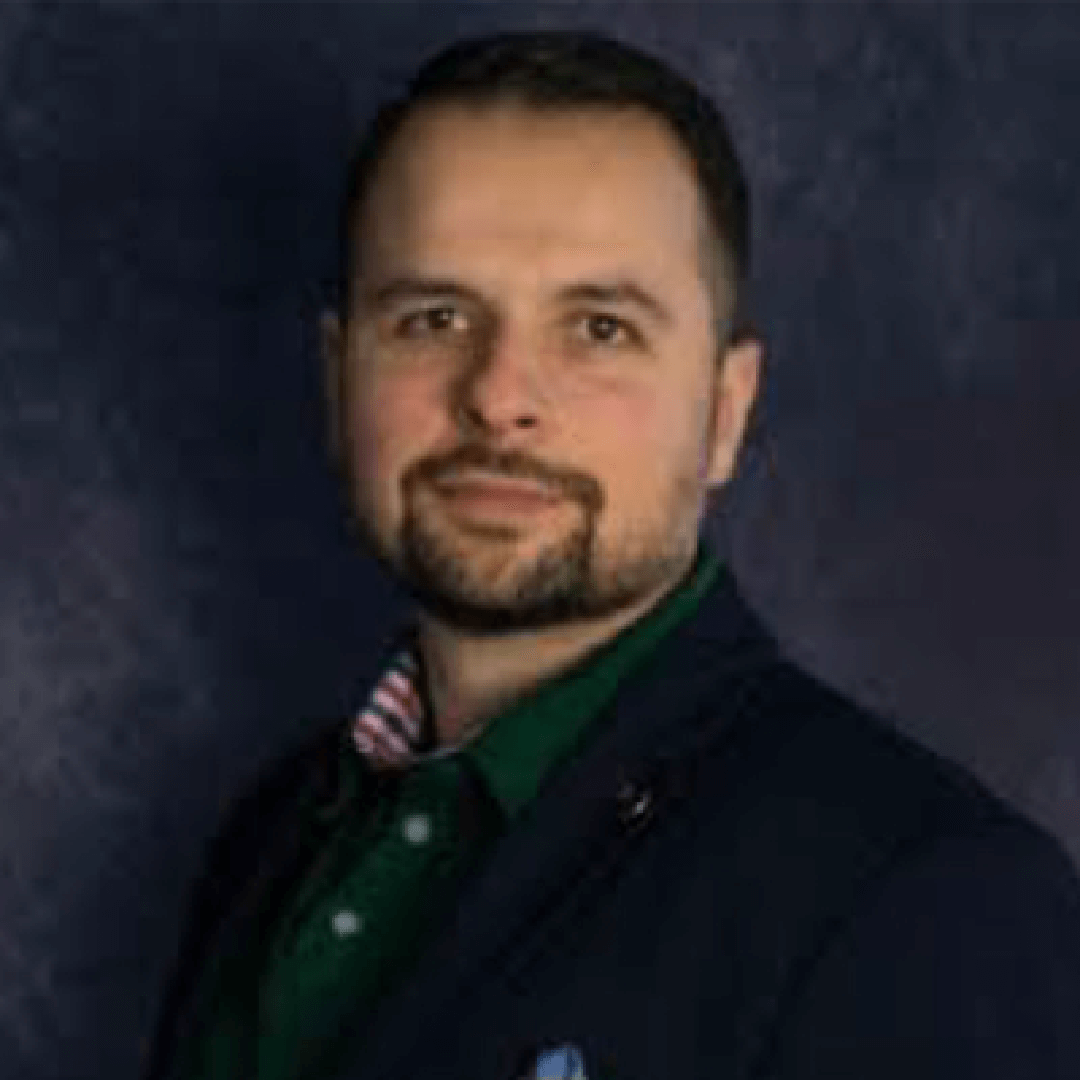
Dennis Lal, PhD
Dr. Lal’s ong-term research interests involve the development of a comprehensive understanding of how alterations in the genome contribute to brain disorders. His academic training and research experiences have provided him with an excellent background in multiple disciplines including molecular biology, genetics, and bioinformatics as well as a comprehensive understanding of the clinical and neurological presentation of neuropediatric disorders. Overall, the main focus of the group that he leads is the discovery, evaluation, and translation of genetic variants into clinical care. Specifically, they aim to develop computational methods which integrate large genetic, clinical, and biological data sets to improve the prediction of genetic variant effects on patient outcomes – paving the way for personalized medicine.
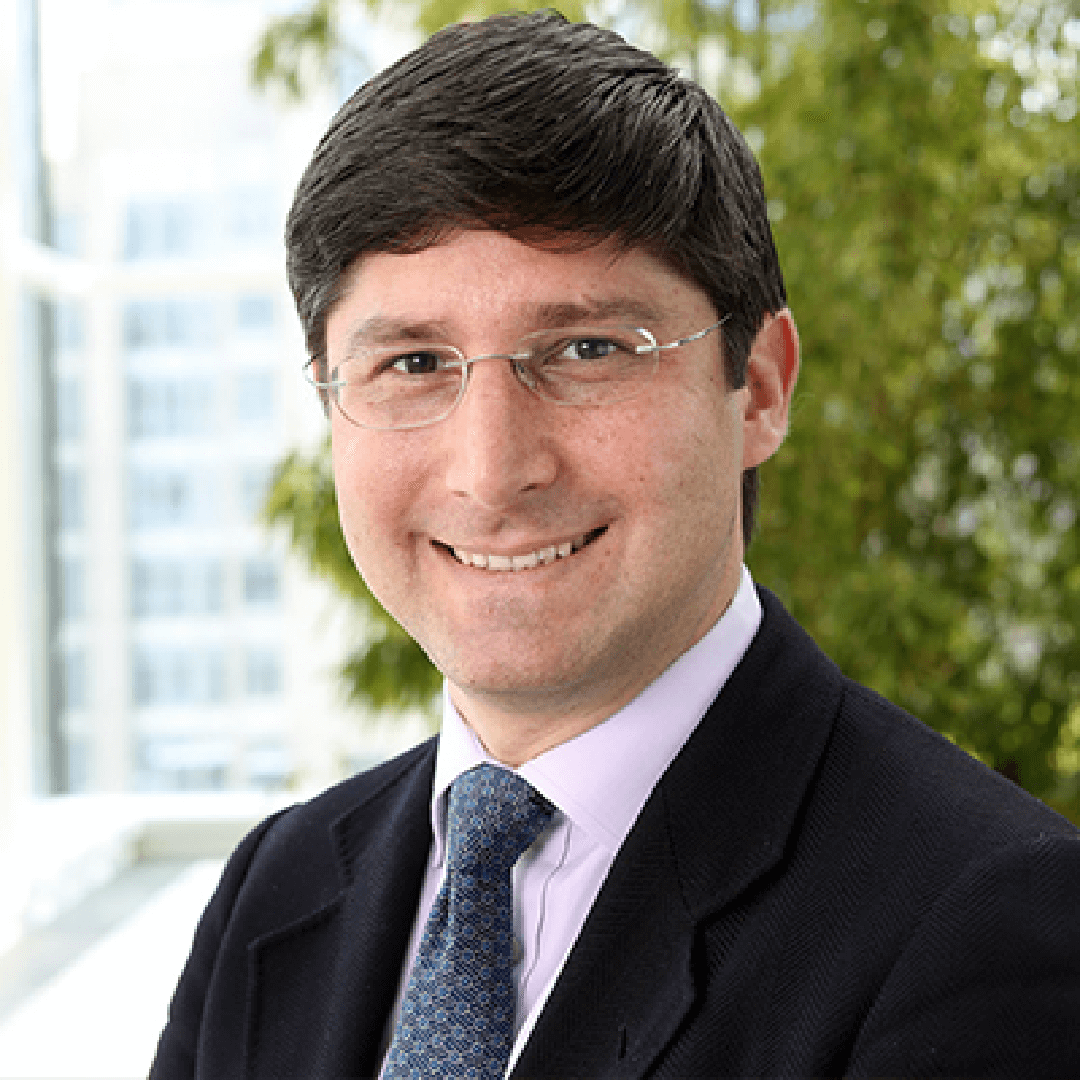
John J. Millichap, MD, FAAN, FAAP, FAES, FACNS
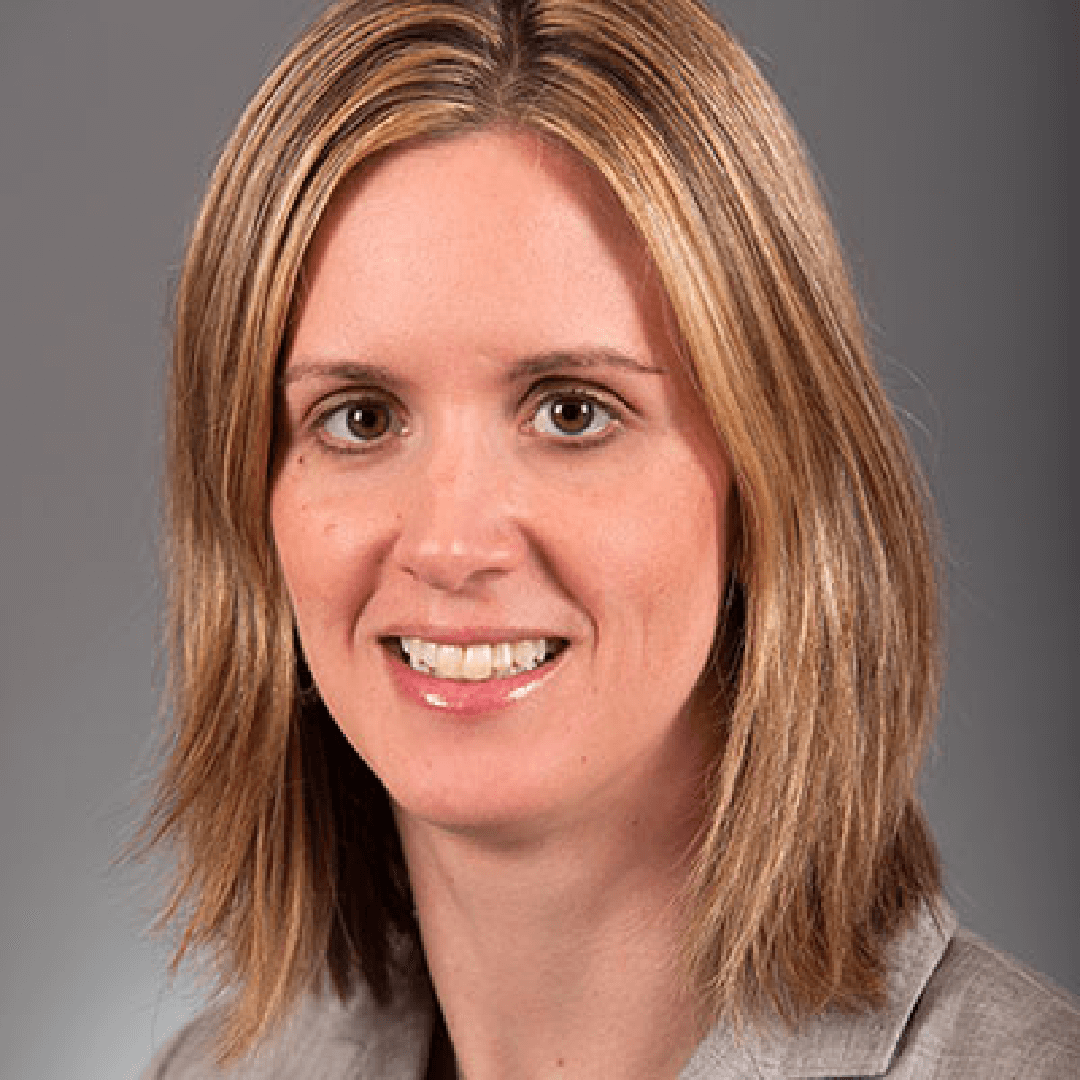
Heather Olson, MD
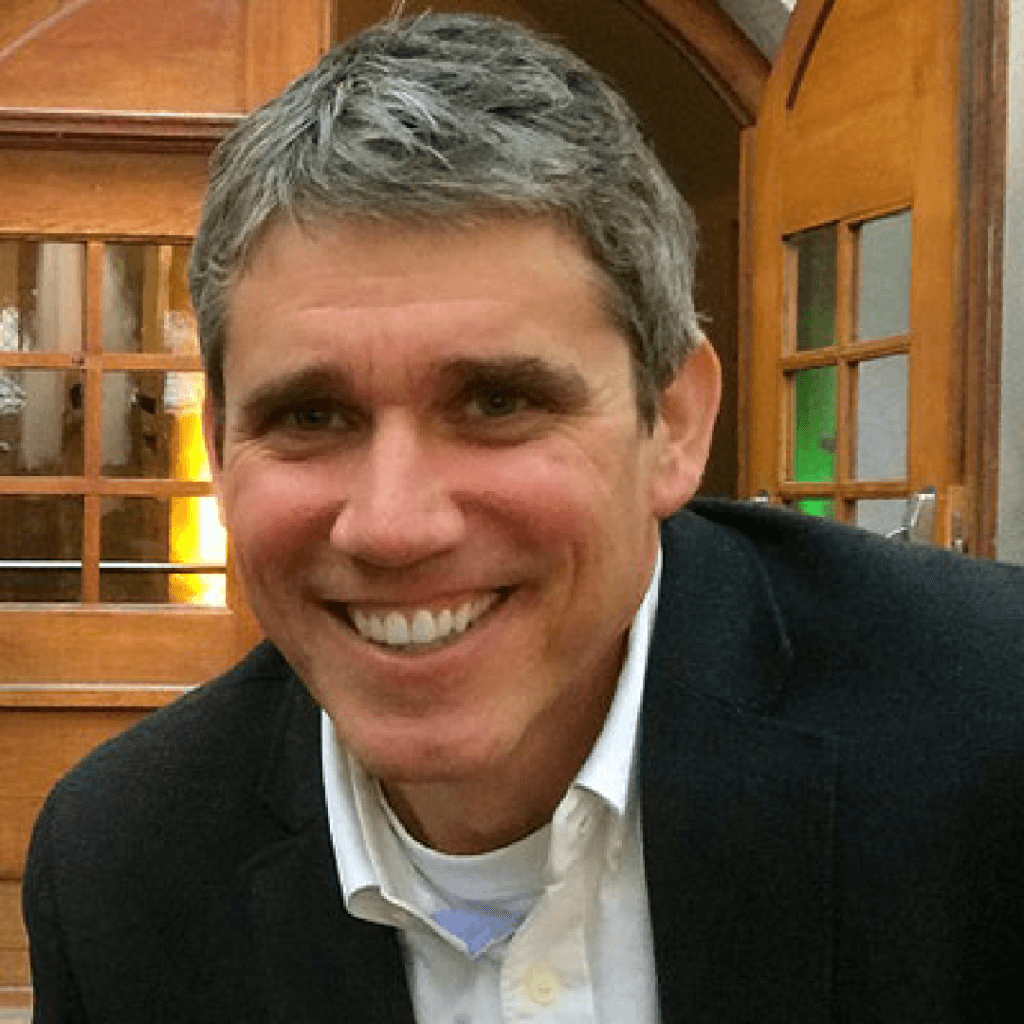
Tom Otis, PhD
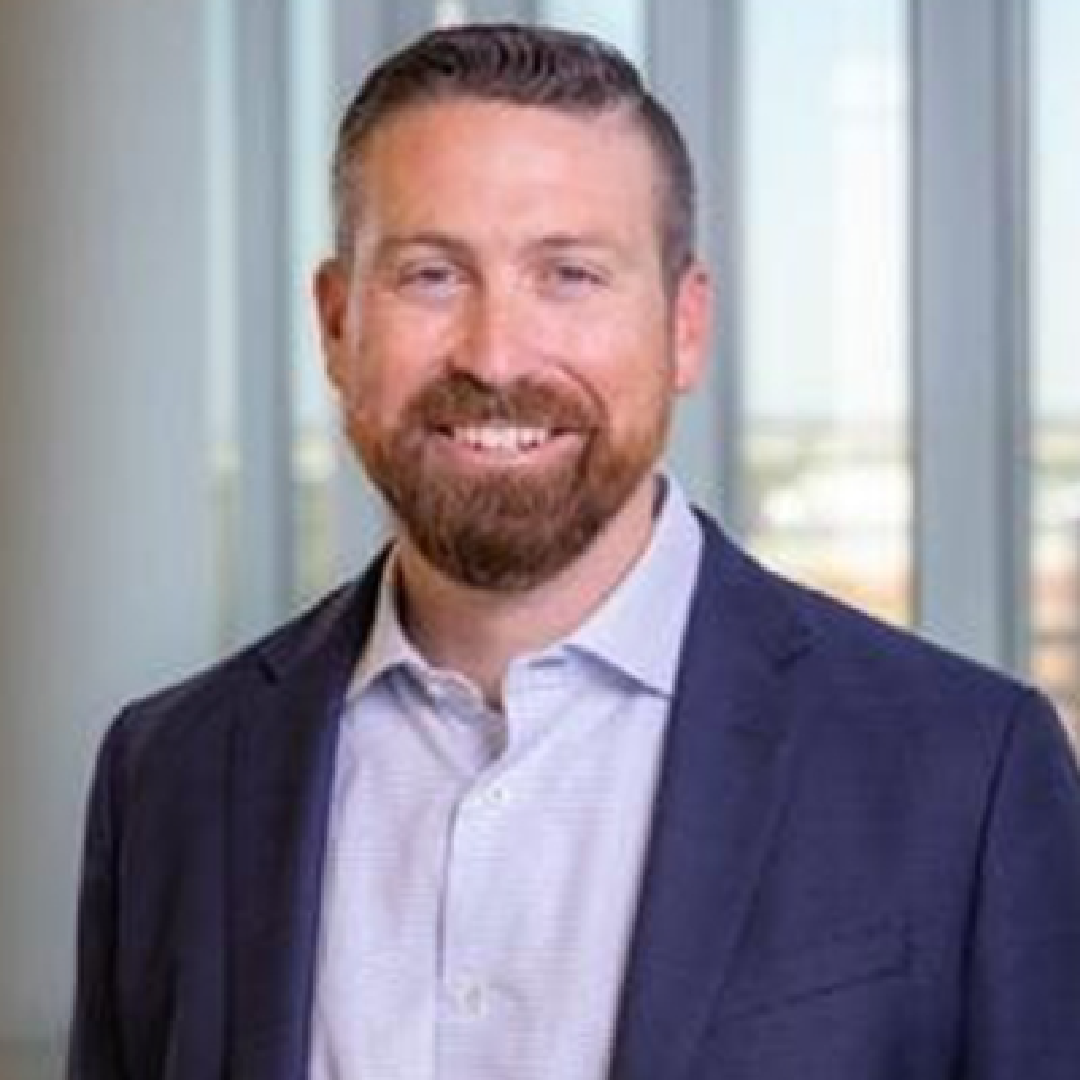
Scott Demarest, MD
Dr. Demarest graduated from The University of Texas School of Medicine at San Antonio and completed his residency at the Children’s National Medical Center/George Washington University Program before a 2015 Fellowship brought him to Children’s Hospital Colorado. His research focuses on the characterization of clinical features, clinical trial design for disease modifying treatments and the development of novel precision therapies for epilepsy and neurogenetic conditions.
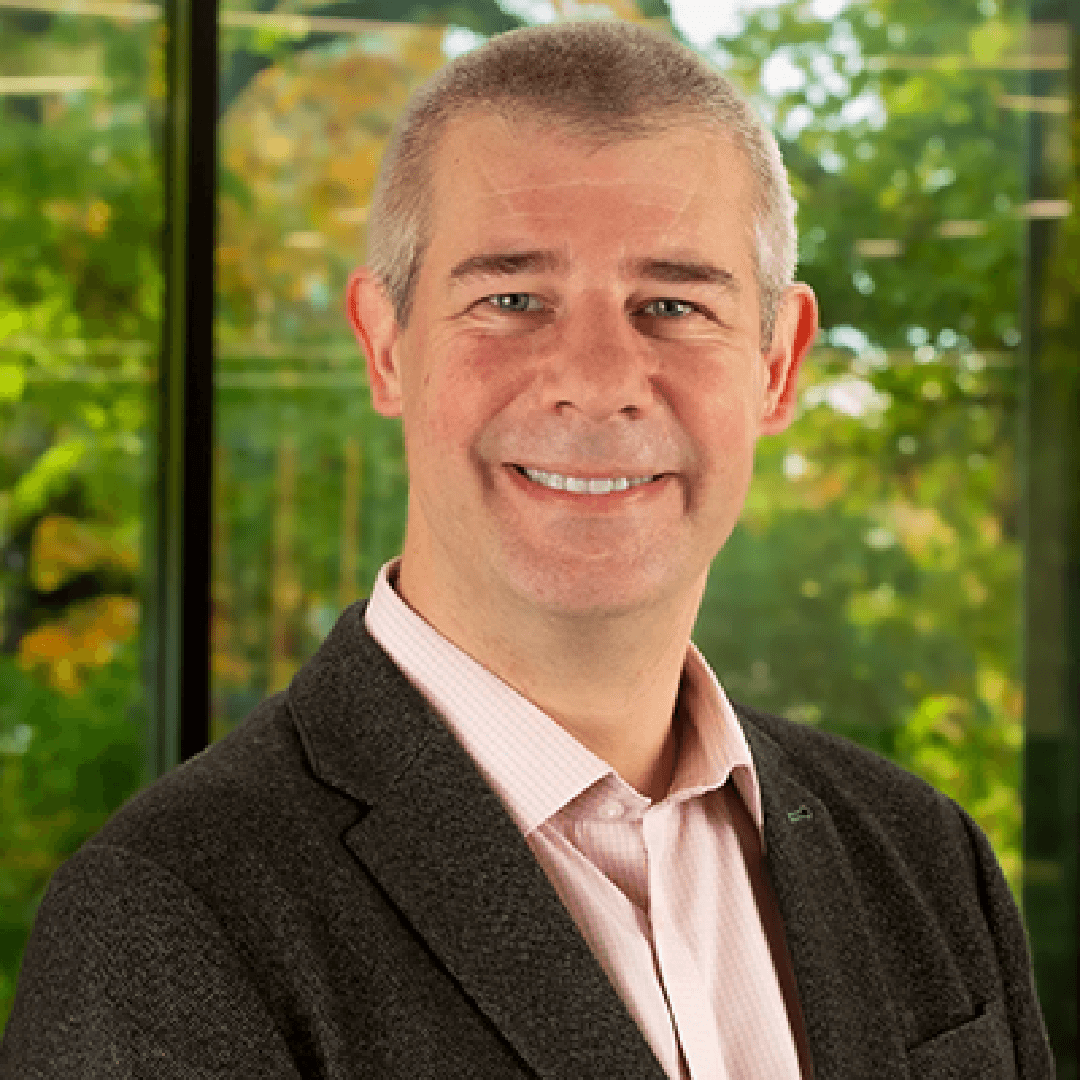
Stephan Sanders, PhD
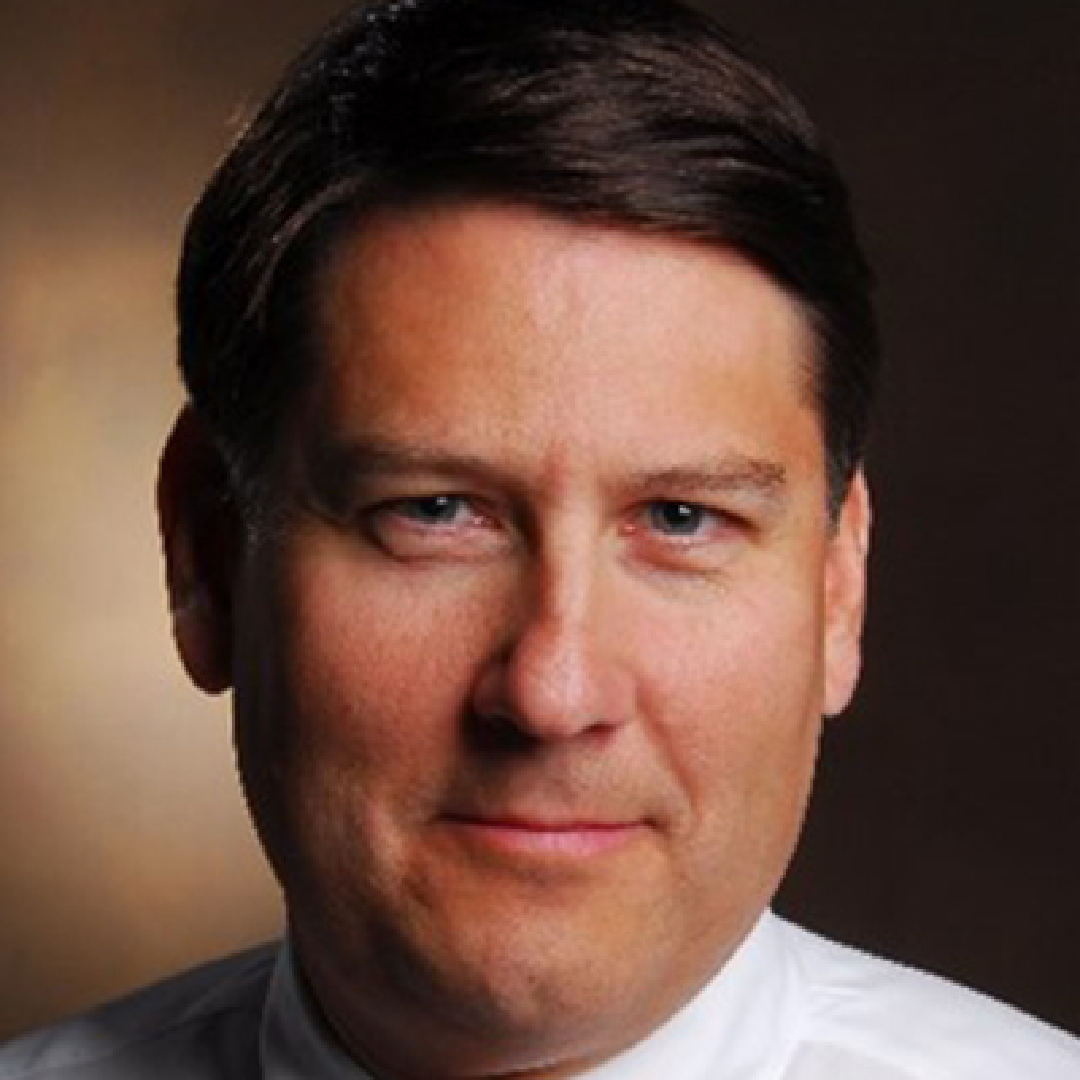
Alfred L. George, Jr., MD
Work in his laboratory strives to elucidate the molecular and cellular mechanisms responsible for early-life epilepsy and related developmental neurological disorders associated with SCN2A. Dr. George works closely with FamileSCN2A.
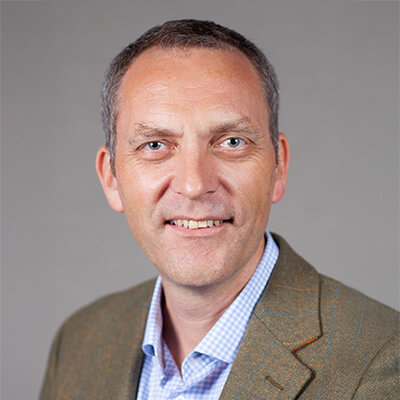
Professor Andreas Brunklaus, MD, MRCPCH
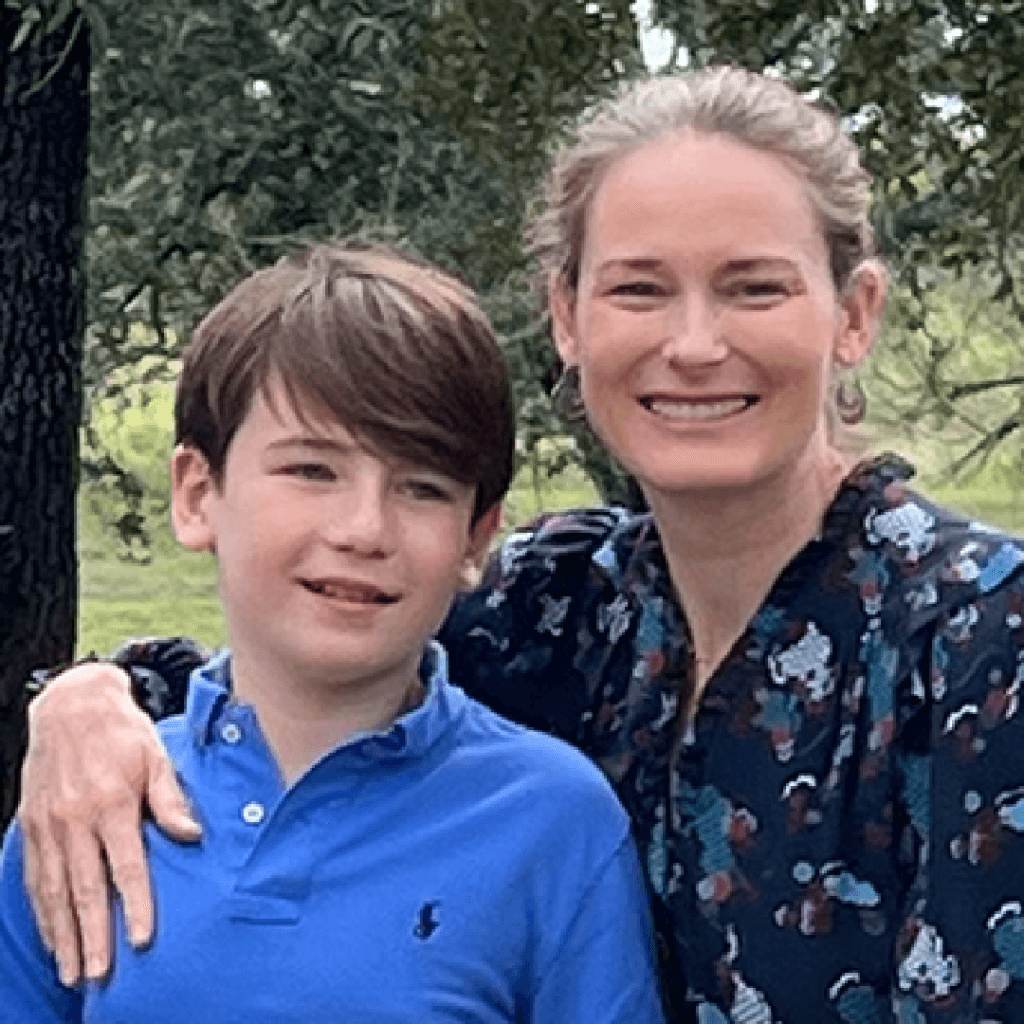
Eloise Austin, MD
Foundation Volunteers
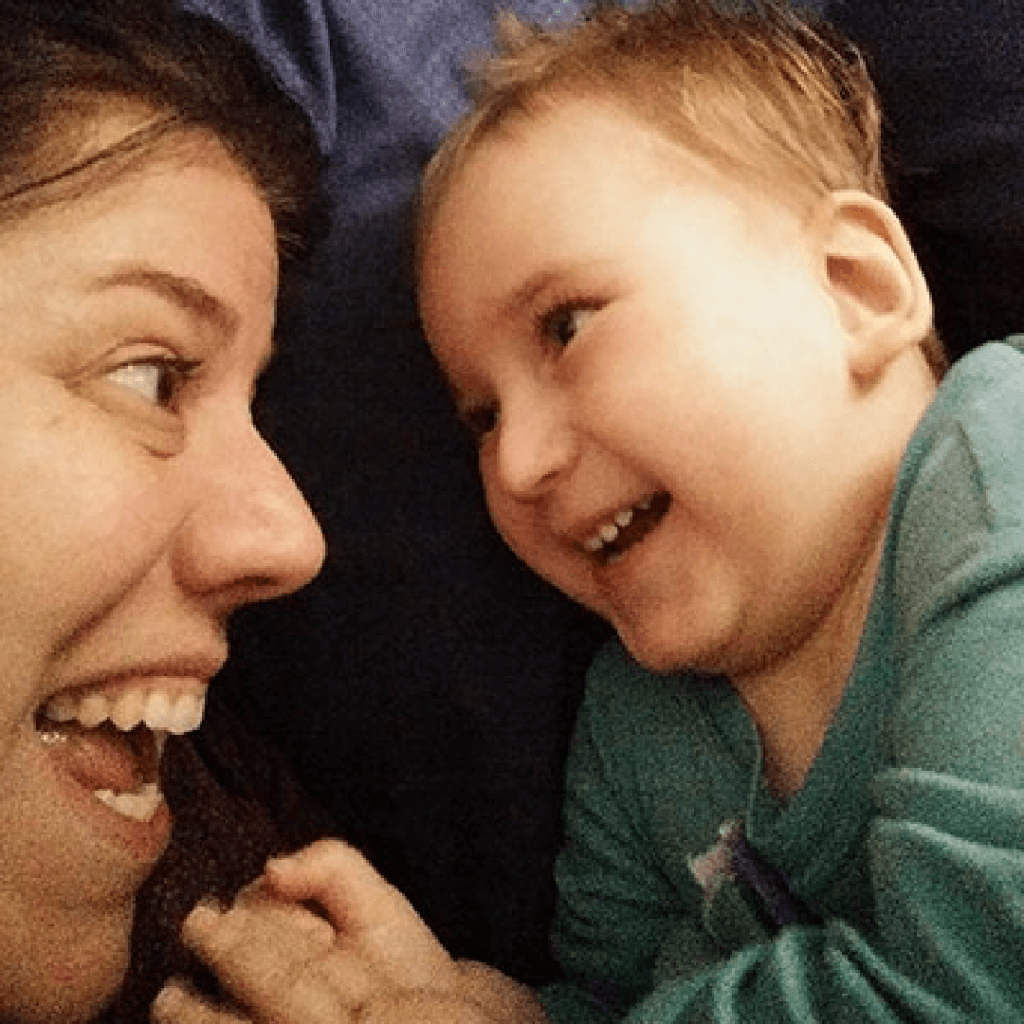
Amy Leuthner
Community Support

Amy Leuthner
Community Support
Active in fundraising for the foundation, Amy was fortunate enough to become a member of the Community Support Committee in 2018. Through this role she hopes to connect with other families and celebrate our remarkable children through the Birthday Club.
In addition to taking Bert to his numerous appointments, Amy also works as a pharmacist at the Minneapolis VA. She resides with her family in Victoria, MN.
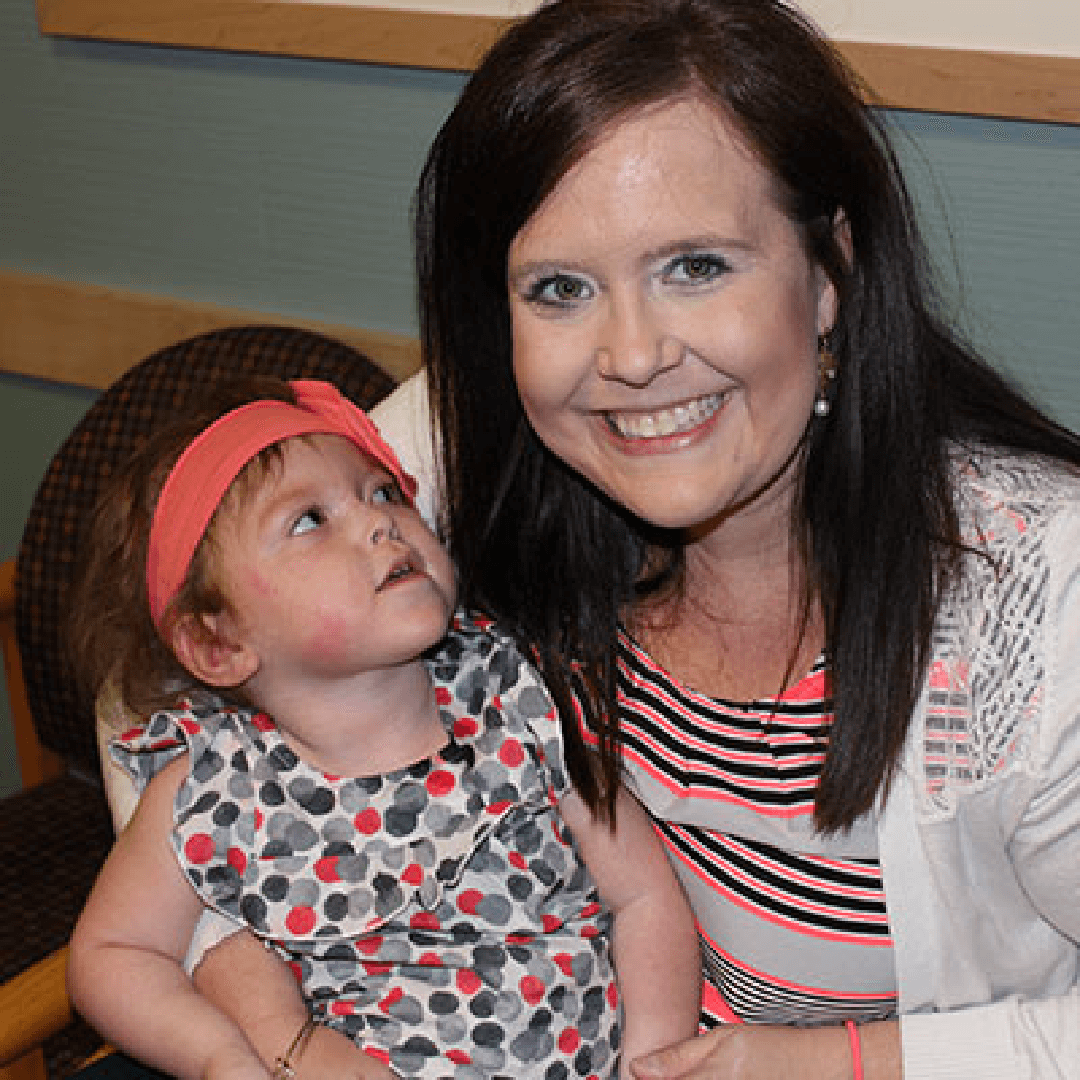
Tracy Umezu
Bereavement Support

Tracy Umezu
Bereavement Support
Charlotte began having seizures in utero, and when she was born was discovered to be having 400+ seizures a day. She was diagnosed with SCN2A at the age of three months. Her life was complicated with many hospitalizations surrounding inadequate seizure control, respiratory failure, bowel issues, and urinary retention. She spent over half of her short life in the hospital. She passed away on November 29, 2016 when it was apparent that her brain was no longer controlling basic functions, and the doctors were unable to get her out of status. The Umezu family did the best they could to surround her with as much Joy as they possibly could throughout her life, enabling her to be pushed in the Twin Cities full marathon, visit Hawaii, and enjoy many activities that typical children do.
Tracy works as a Pediatric Blood and Marrow Transplant nurse at the University of Minnesota Children's Hospital. In her free time she can be found leading Sophie's Girl Scout Troop, coaching swim team, filling in as Sophie's school nurse, and scrap-booking.
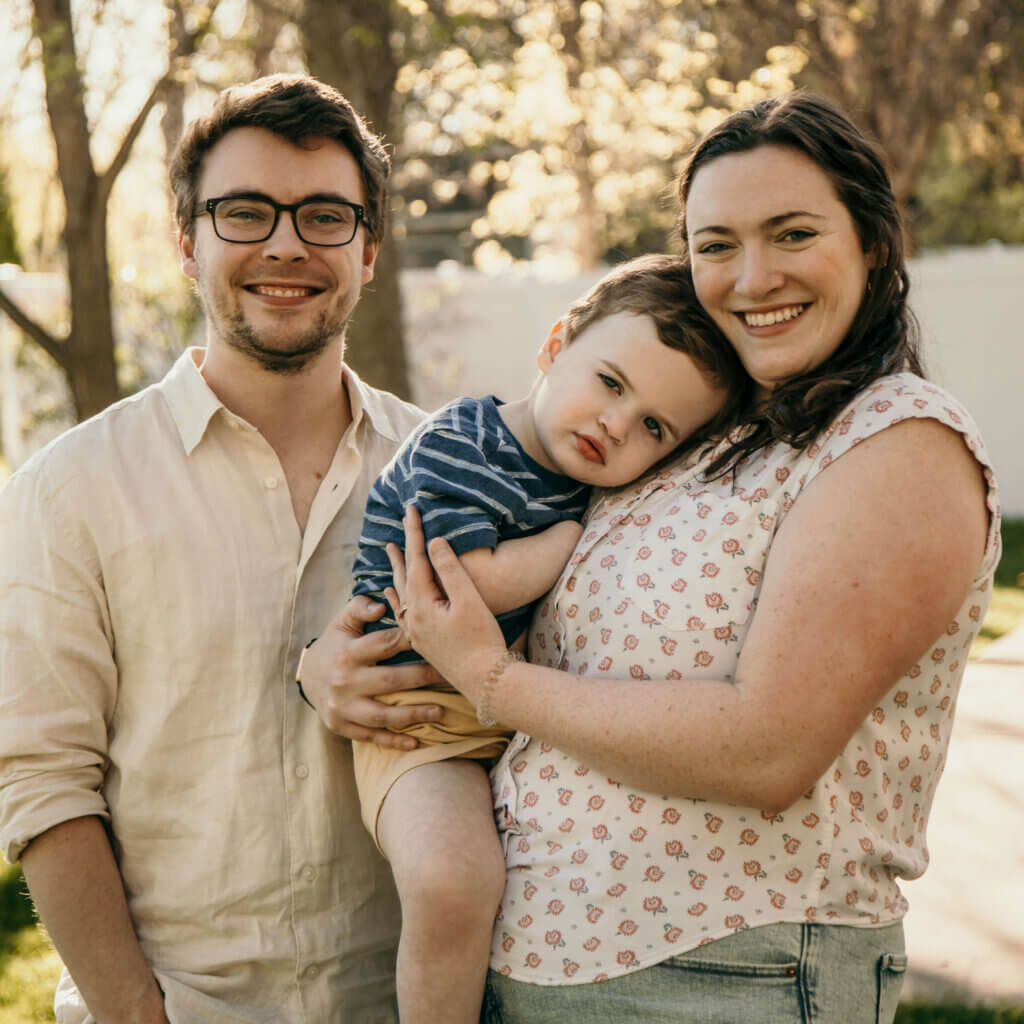
Sarah Haas
Community Support

Sarah Haas
Community Support
Since Calvin’s diagnosis, Sarah has leaned into social media to share their journey and raise awareness for SCN2A and rare diseases - creating content that educates, connects, and inspires. She organized their first Warrior Walk in October 2024 and currently co-leads the FamilieSCN2A Foundation’s Caregivers Connection, an online support group for parents and caregivers. Sarah brings her passion for education and community-building to everything she does, with a deep commitment to ensuring every SCN2A family feels seen, supported, and empowered.
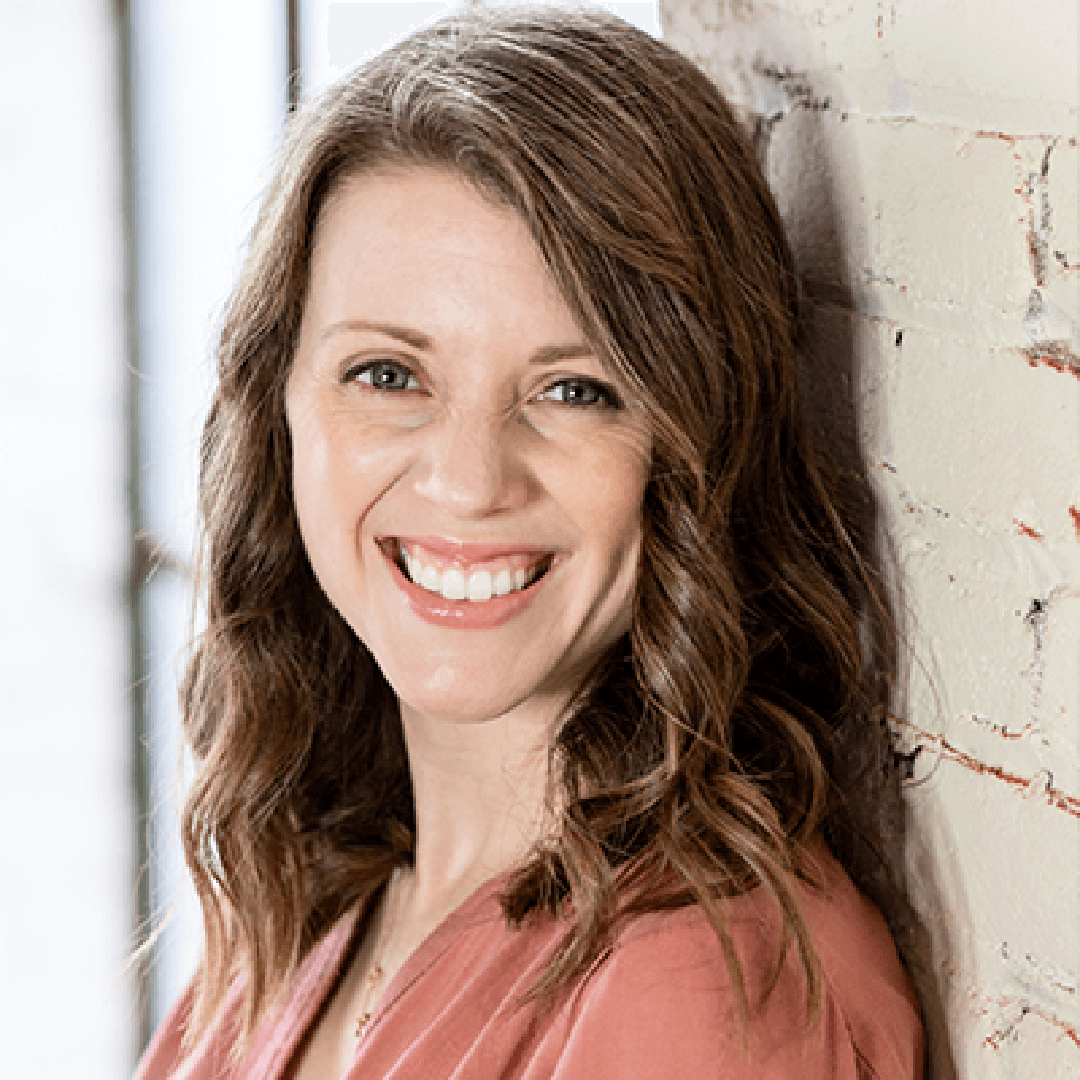
Angie Auldridge
Community Support

Angie Auldridge
Community Support
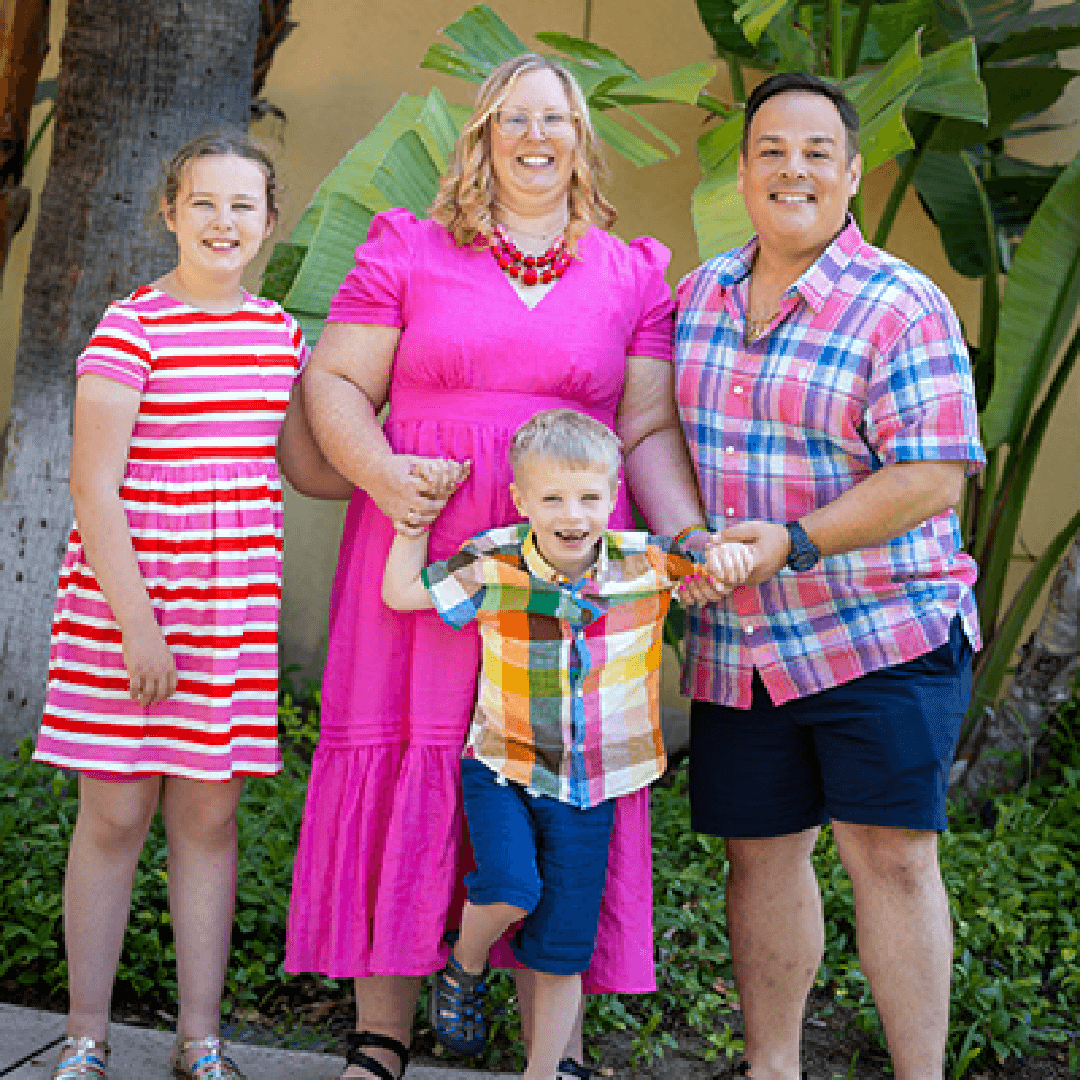
Victoria Opthof-Cordaro
Advocacy

Victoria Opthof-Cordaro
Advocacy
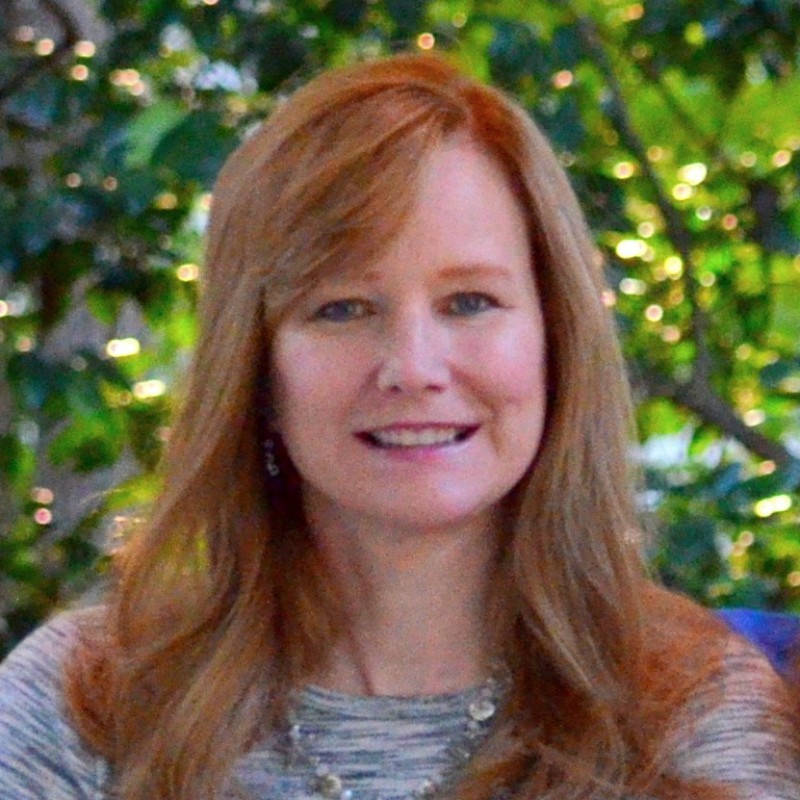
Lizz Lyon, MS, MSCR
Genetic Counseling

Lizz Lyon, MS, MSCR
Genetic Counseling
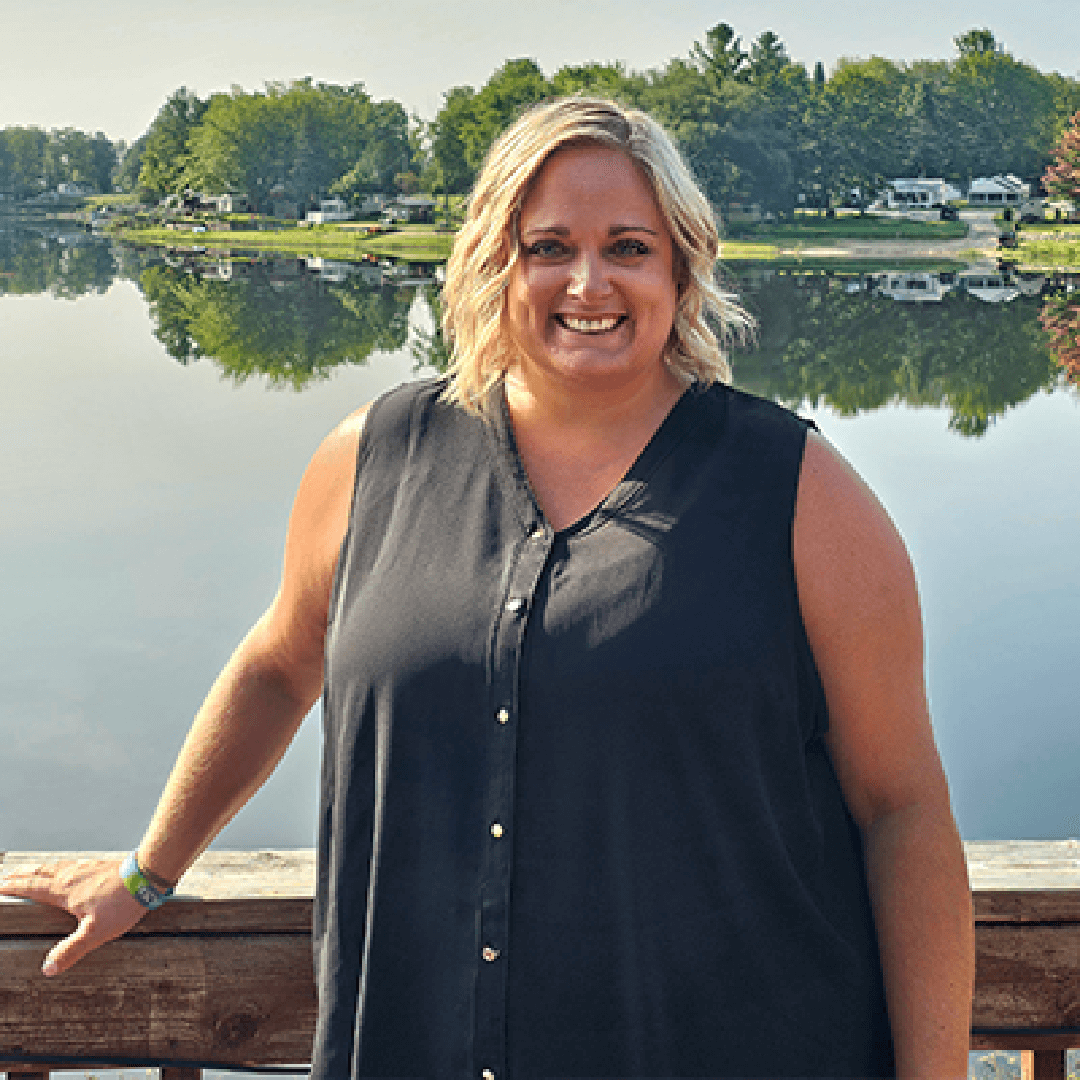
Lindsay Krauskopf
Community Support

Lindsay Krauskopf
Community Support
Despite her busy schedule, Lindsay volunteers in the children's ministry at her church,coaches her daughter's basketball team and actively engages in fundraising efforts for the FamilieSCN2A Foundation. Lindsay is thrilled to be part of our Community Support team, aiming to help families feel supported and valued in the unique journey of navigating an SCN2A diagnosis. Through her volunteering and fundraising efforts, Lindsay hopes to add value in advancing research so that one day, very soon, a cure will be found for all of our beautiful and incredibly strong SCN2A Warriors.
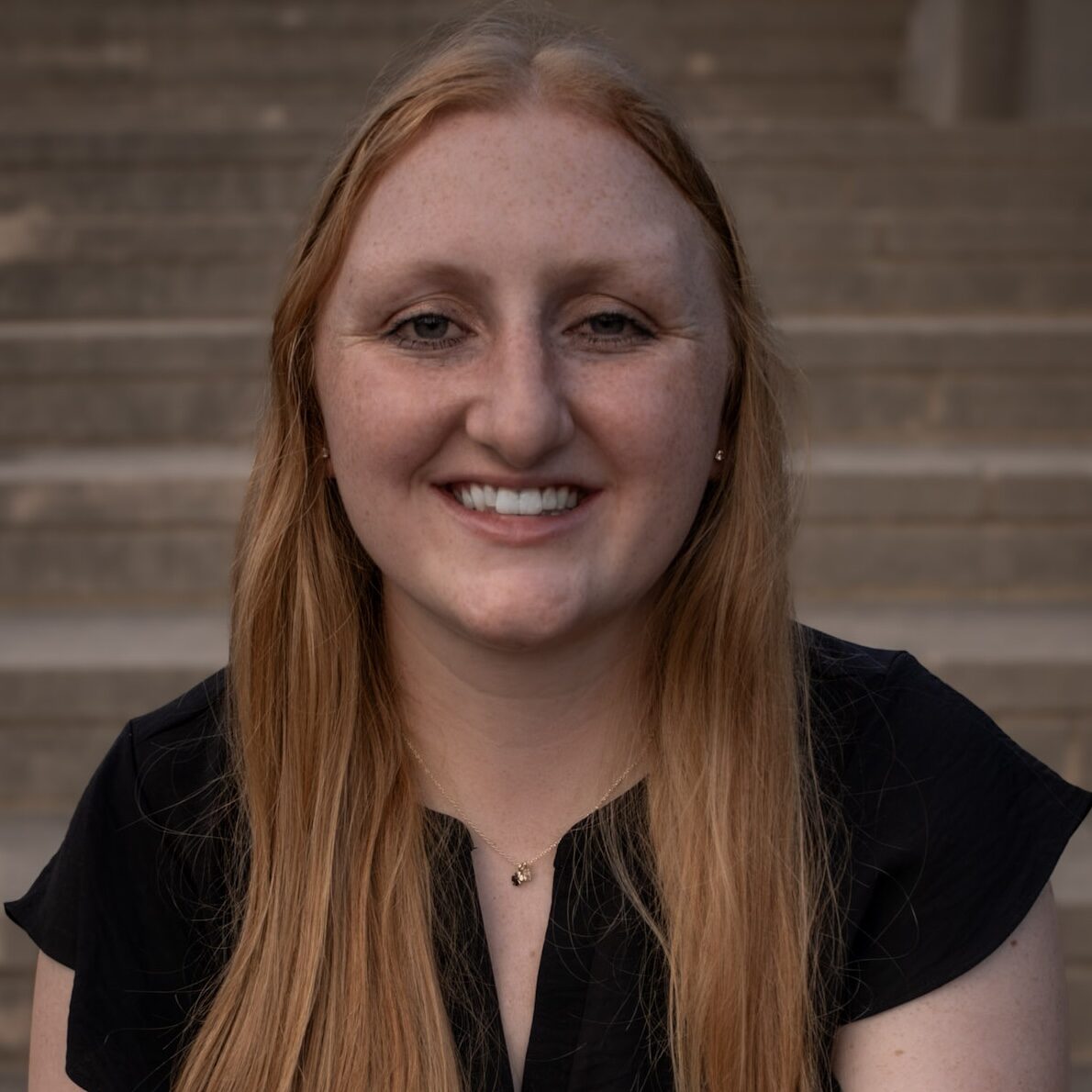
Abby Turnwald, MS, LGC
Community Support

Abby Turnwald, MS, LGC
Community Support
Student Interns
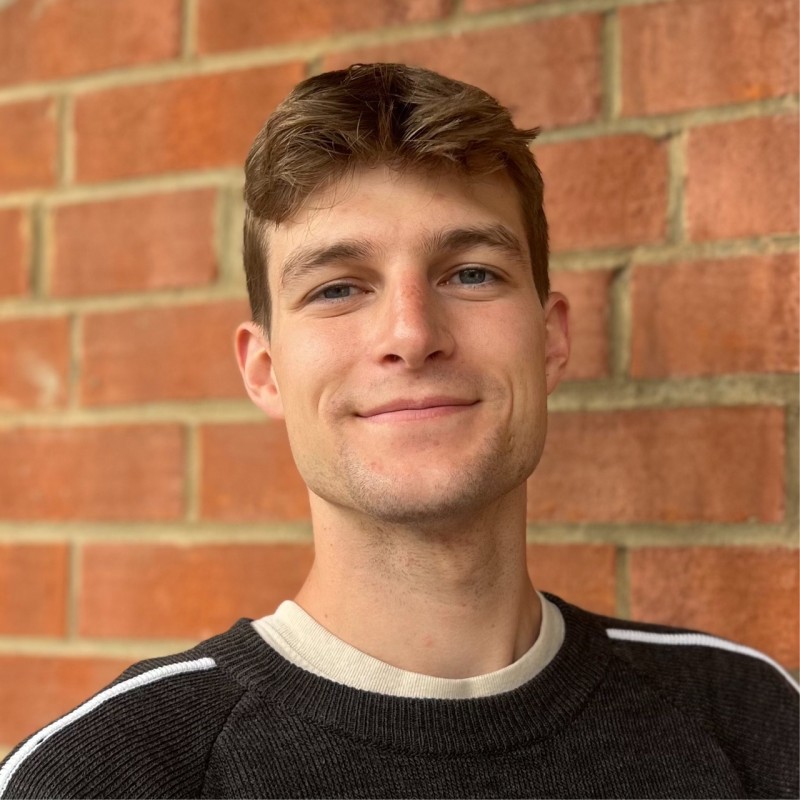
Elliott Wack
Master’s in Genetic Counseling student at the University of Pennsylvania

Elliott Wack
Master’s in Genetic Counseling student at the University of Pennsylvania
Join Our Team
The FamilieSCN2A Foundation is a virtual organization with volunteers and employees across the United States and advisors around the world. We are always looking for talented people who share our passion, values, and sense of mission.
